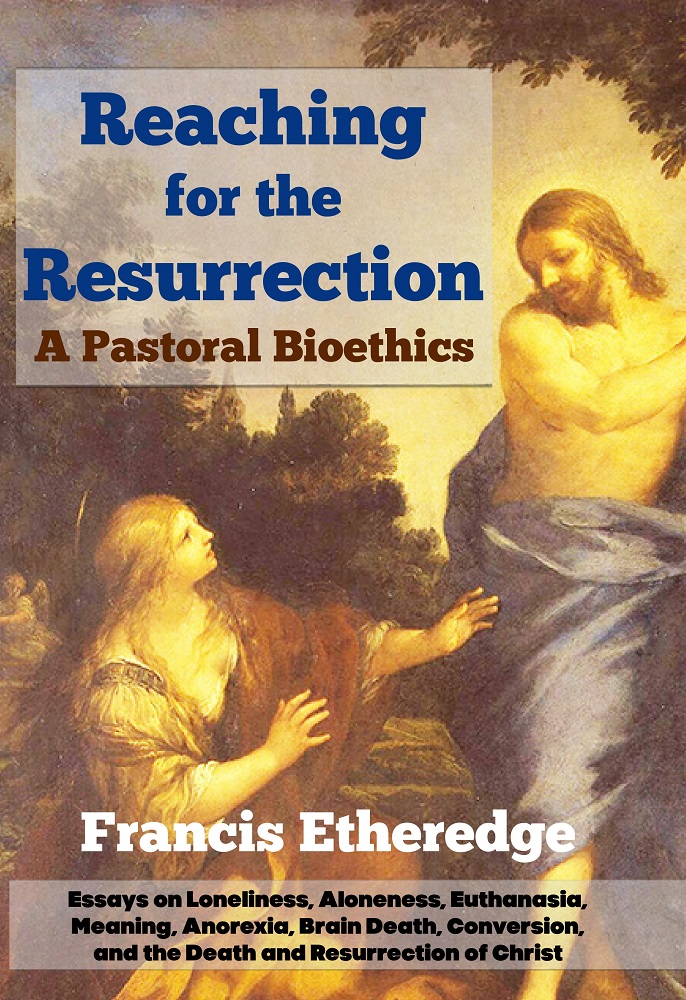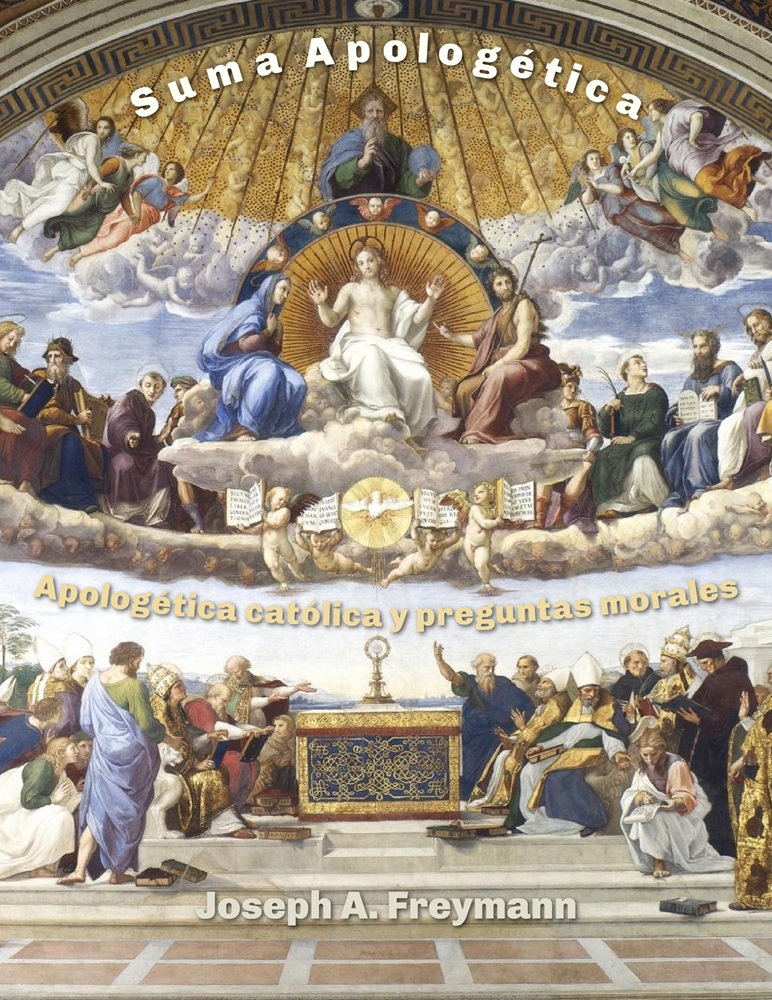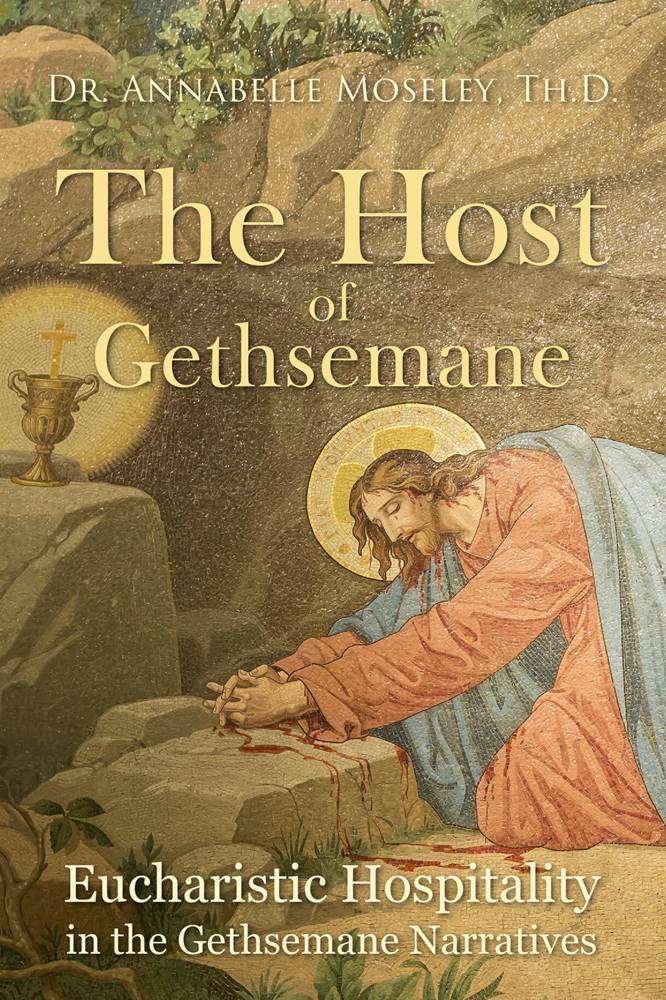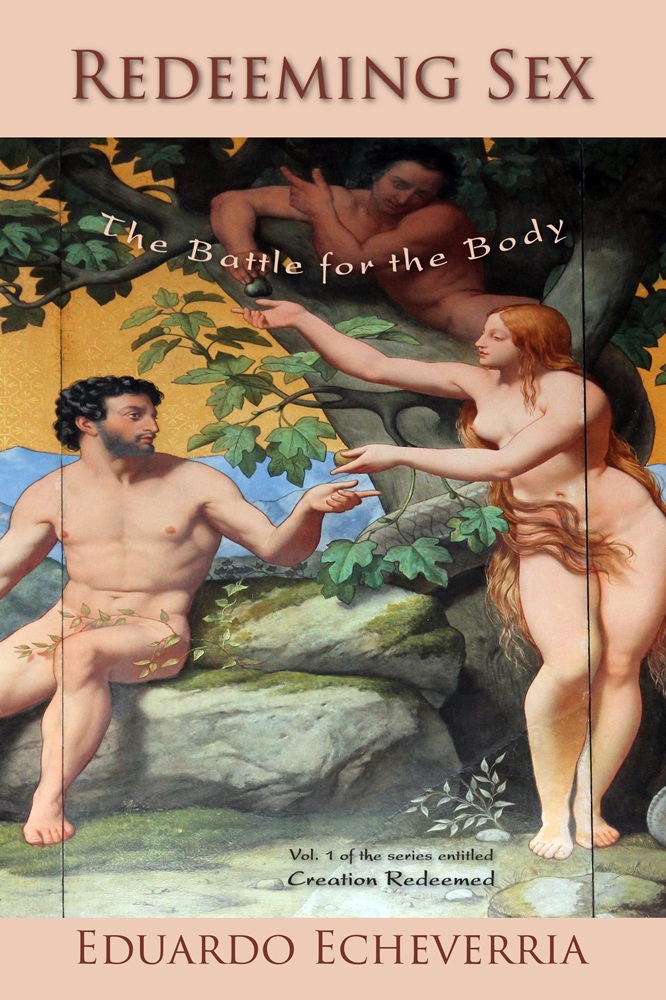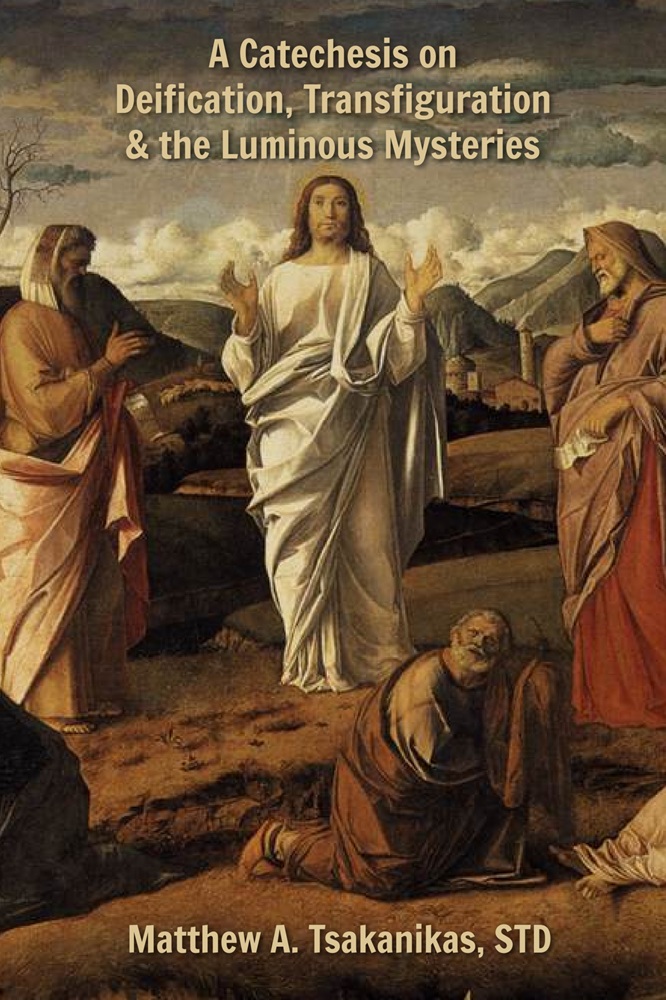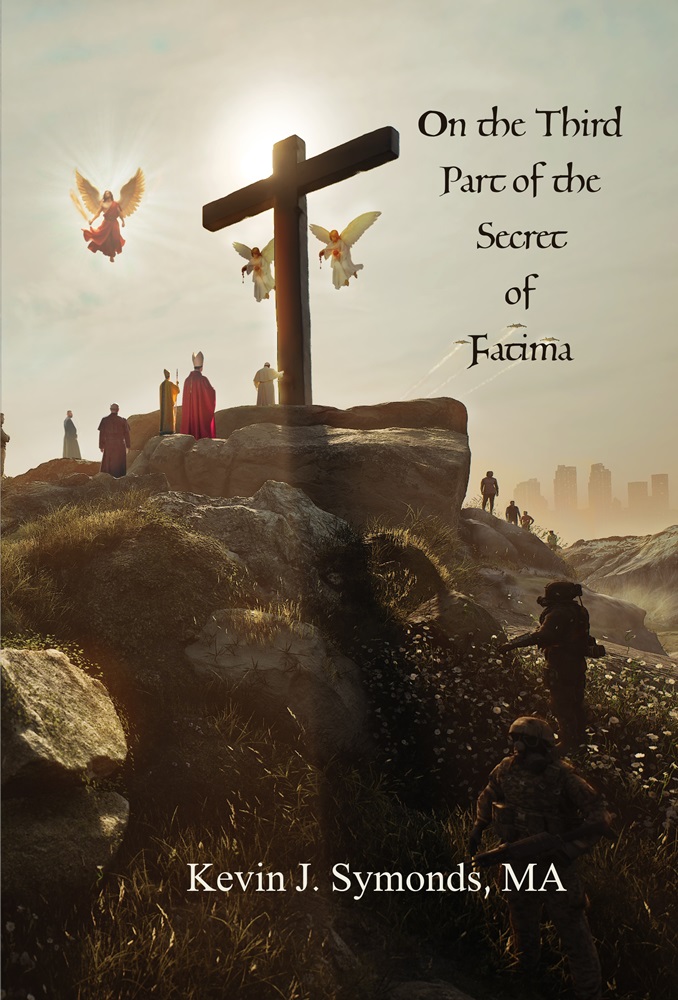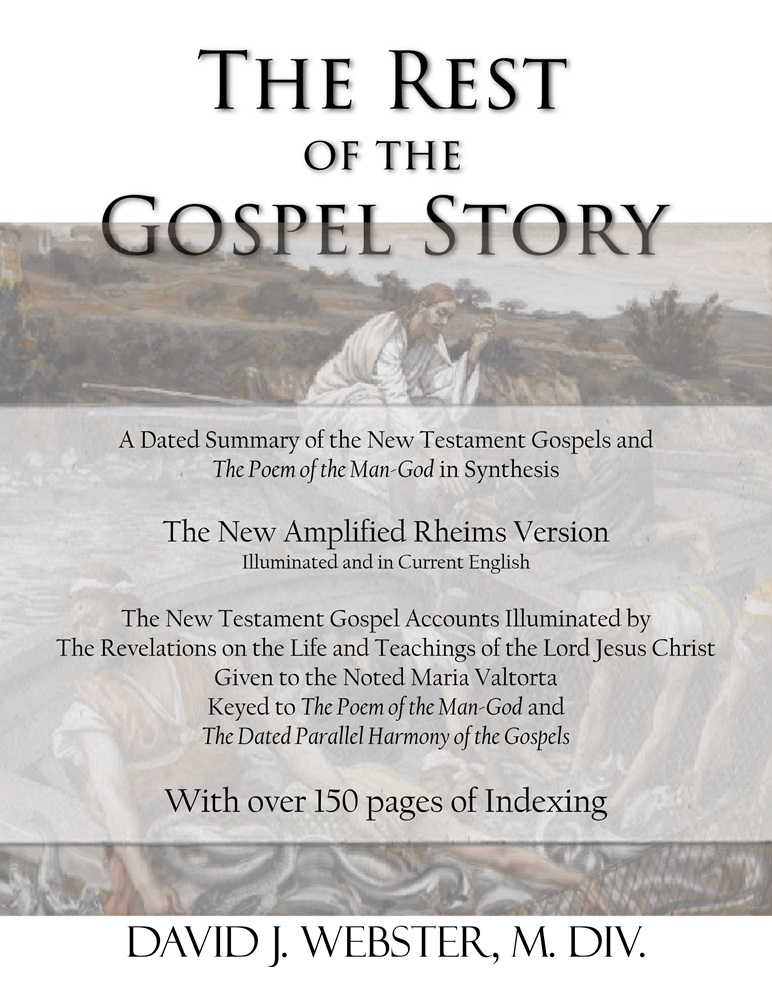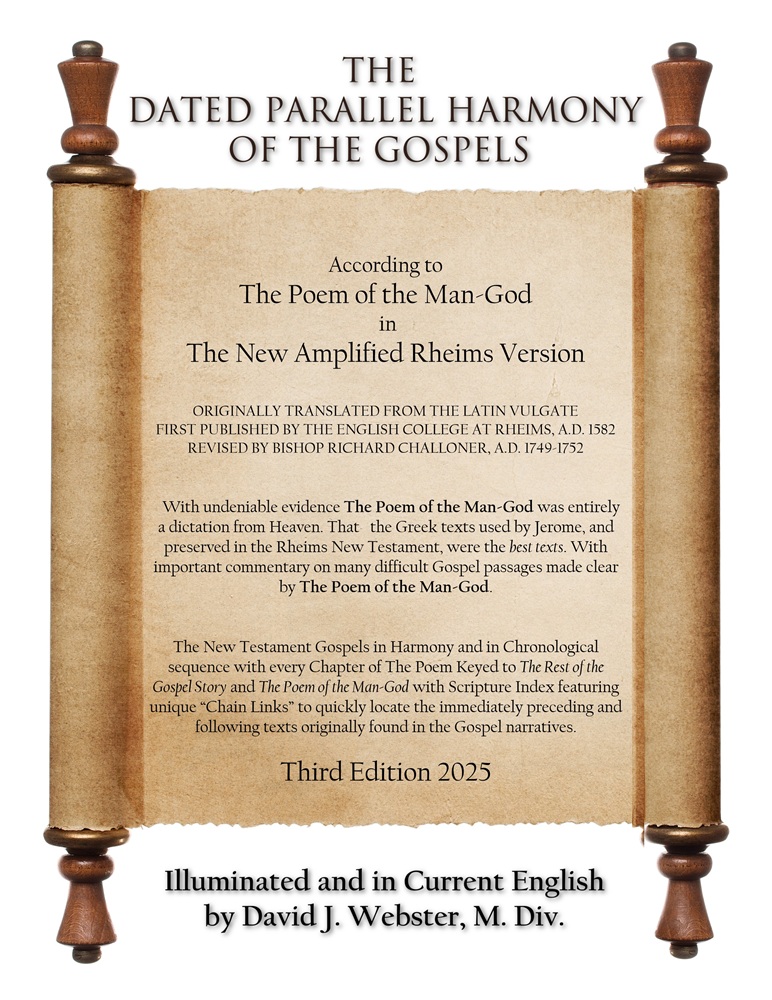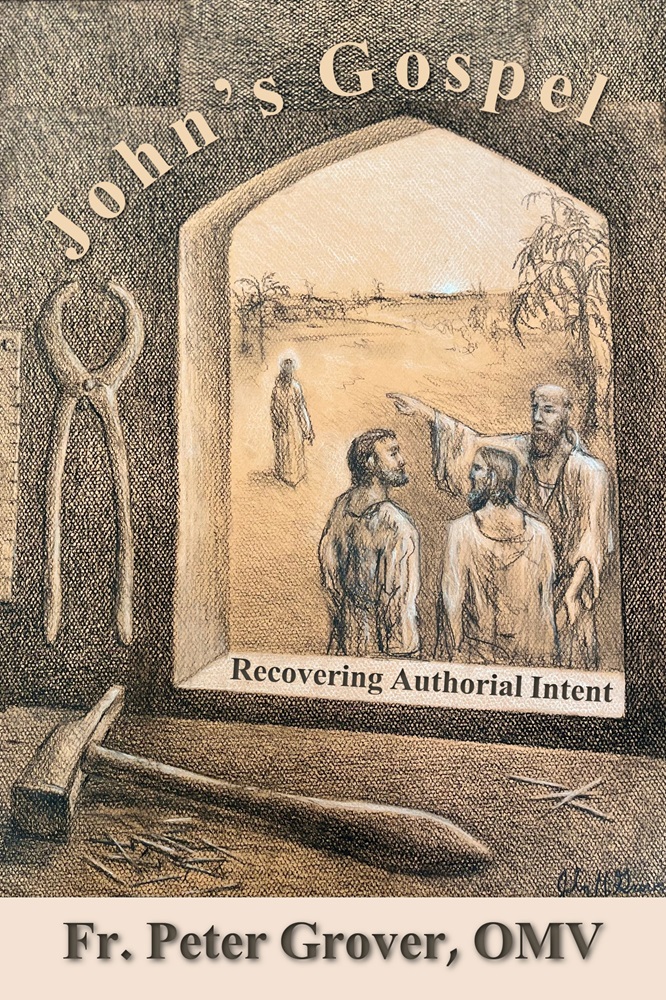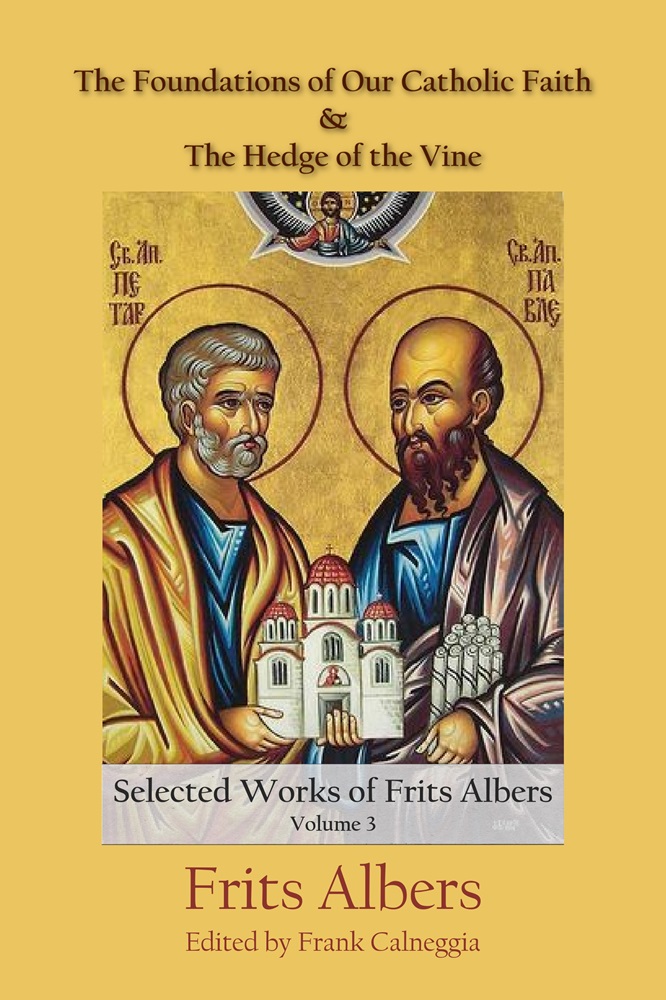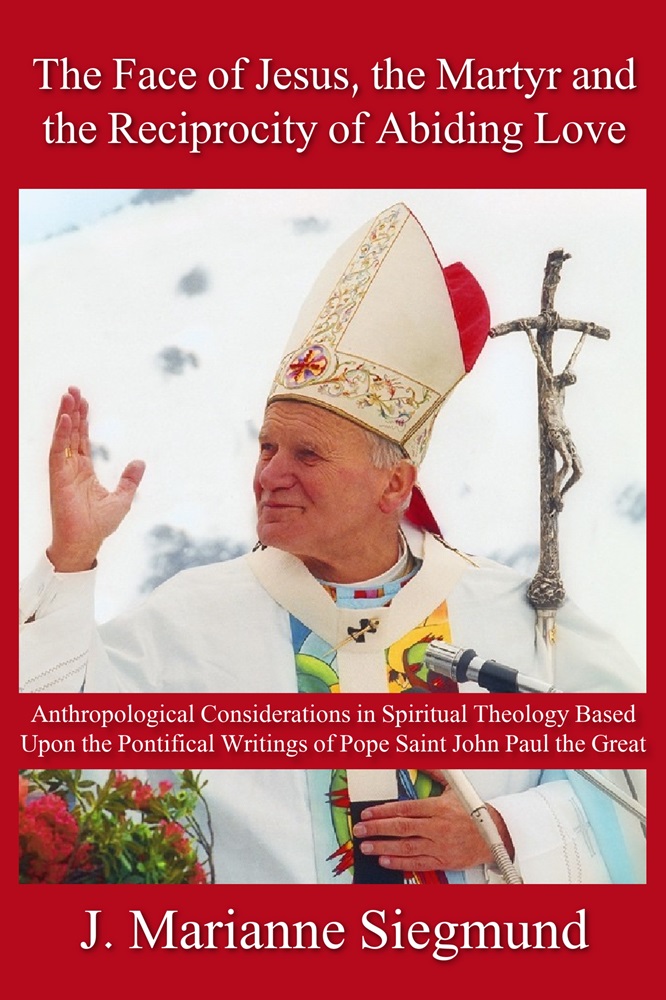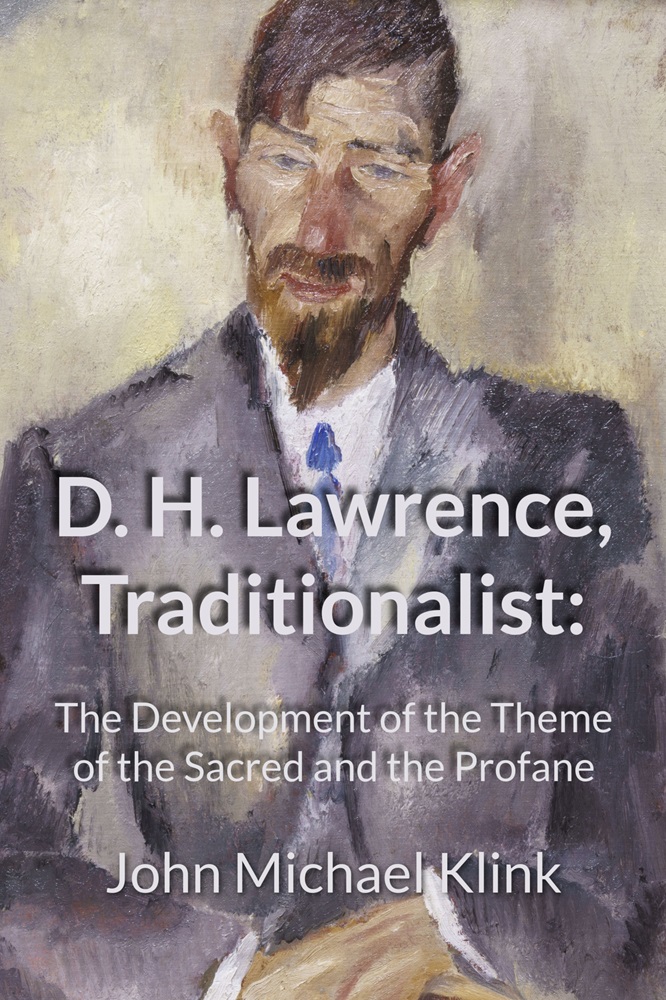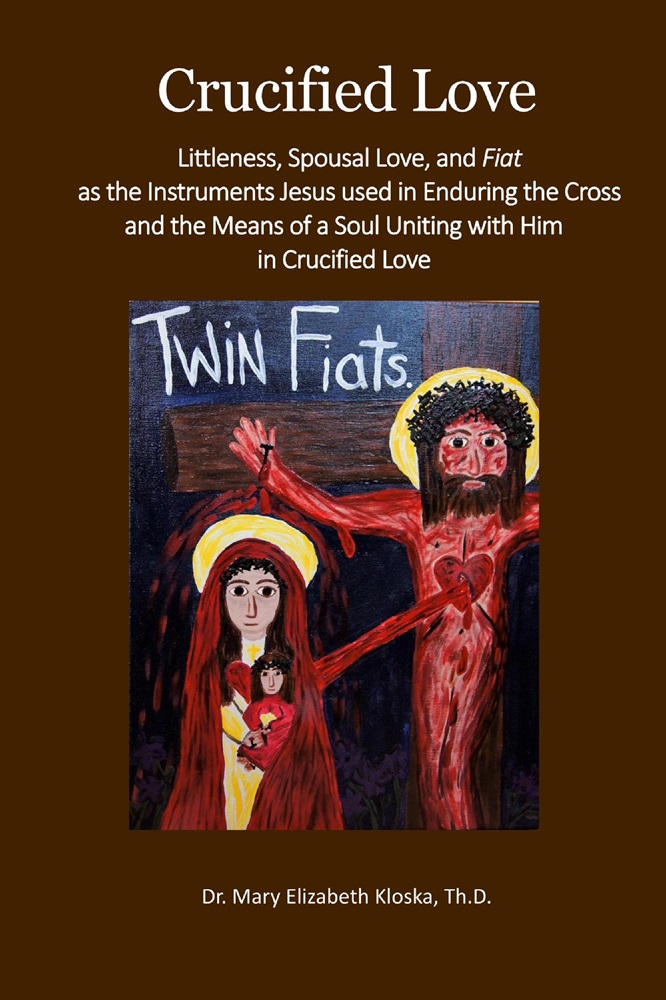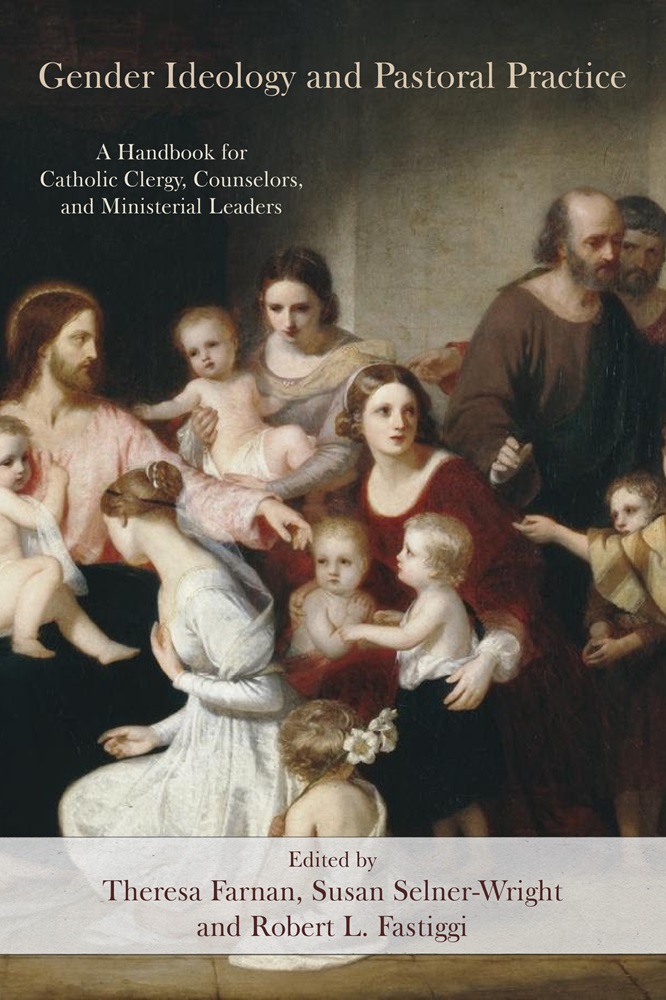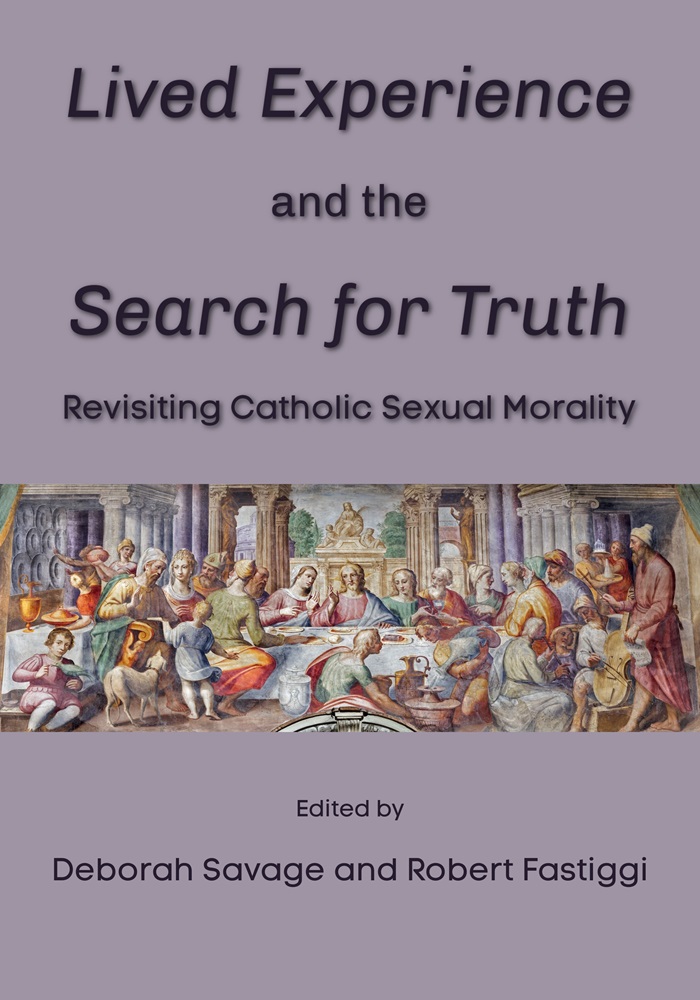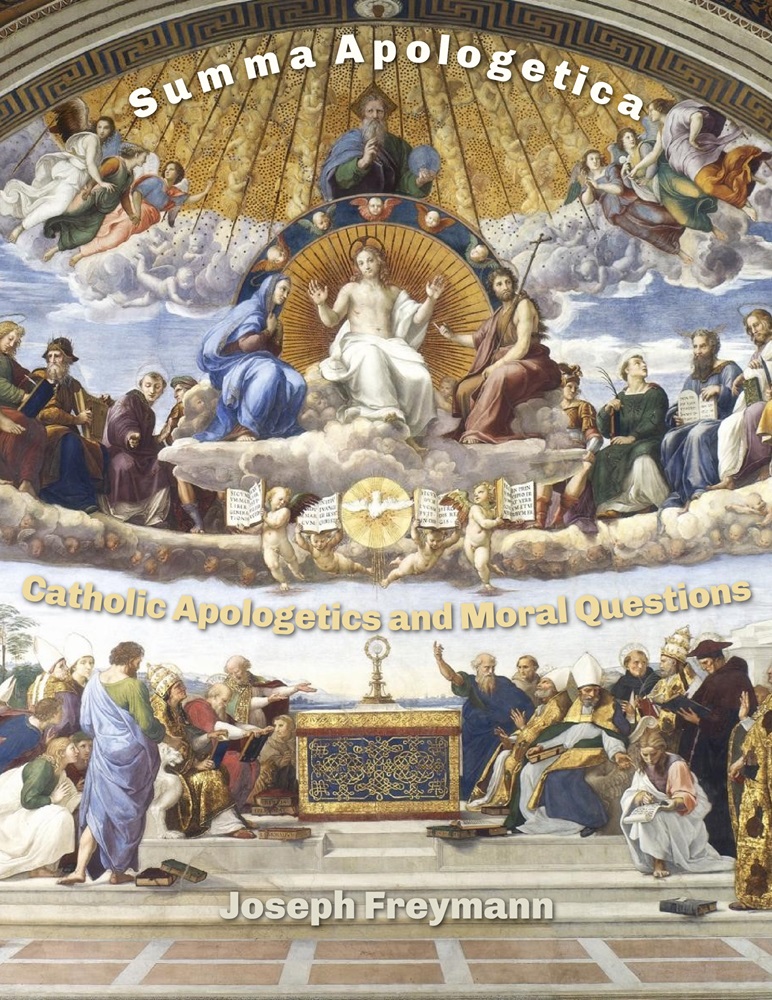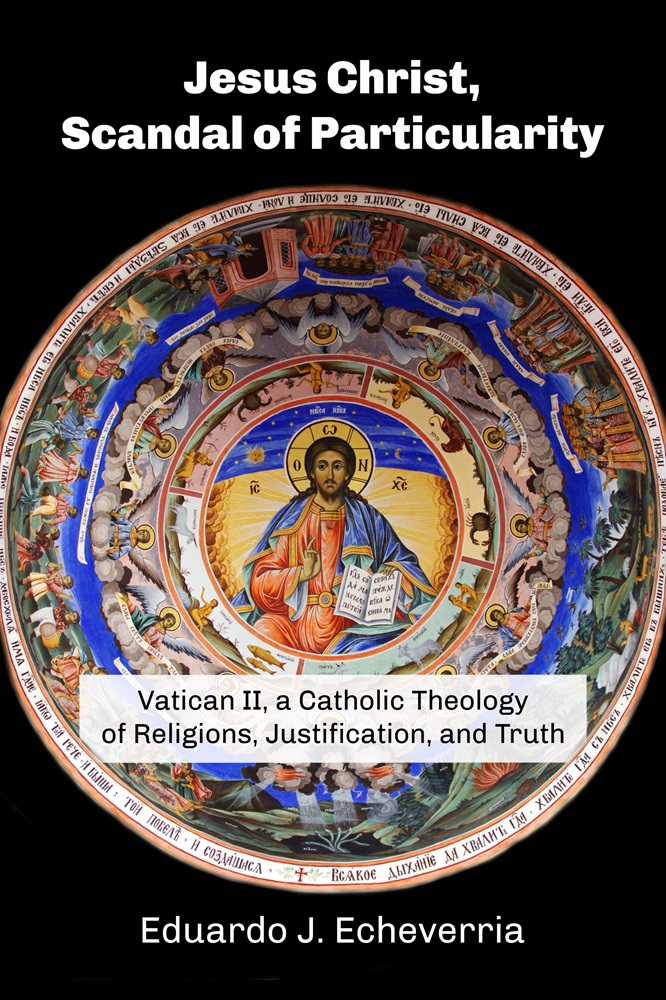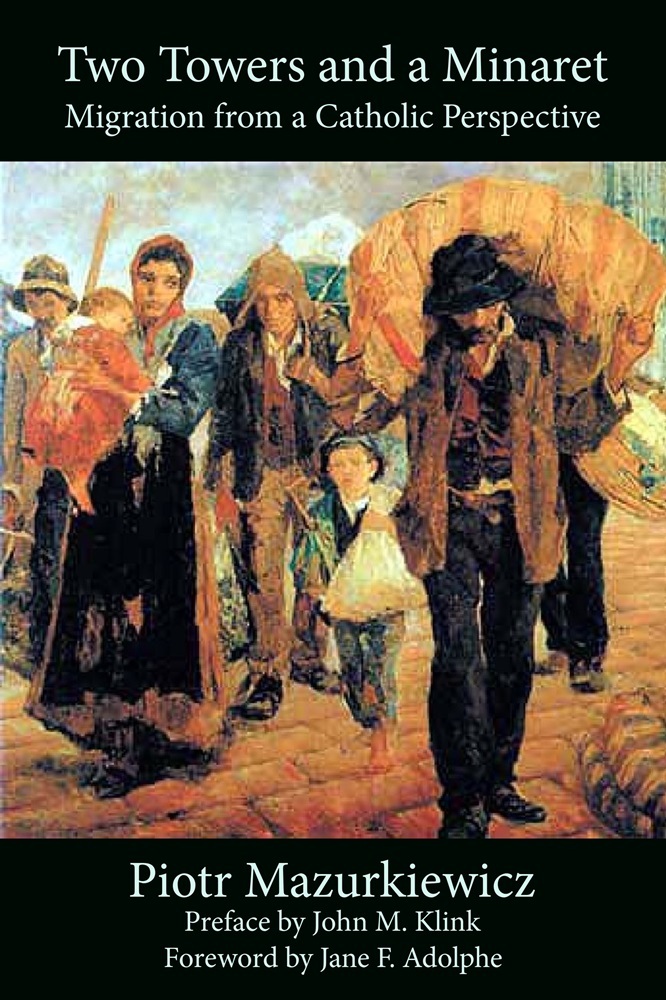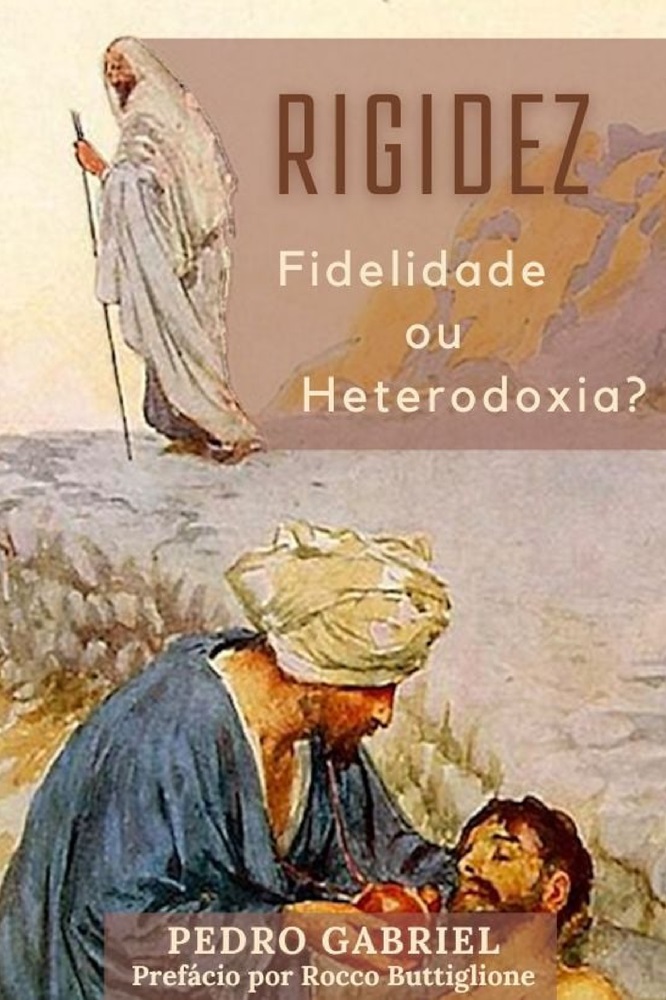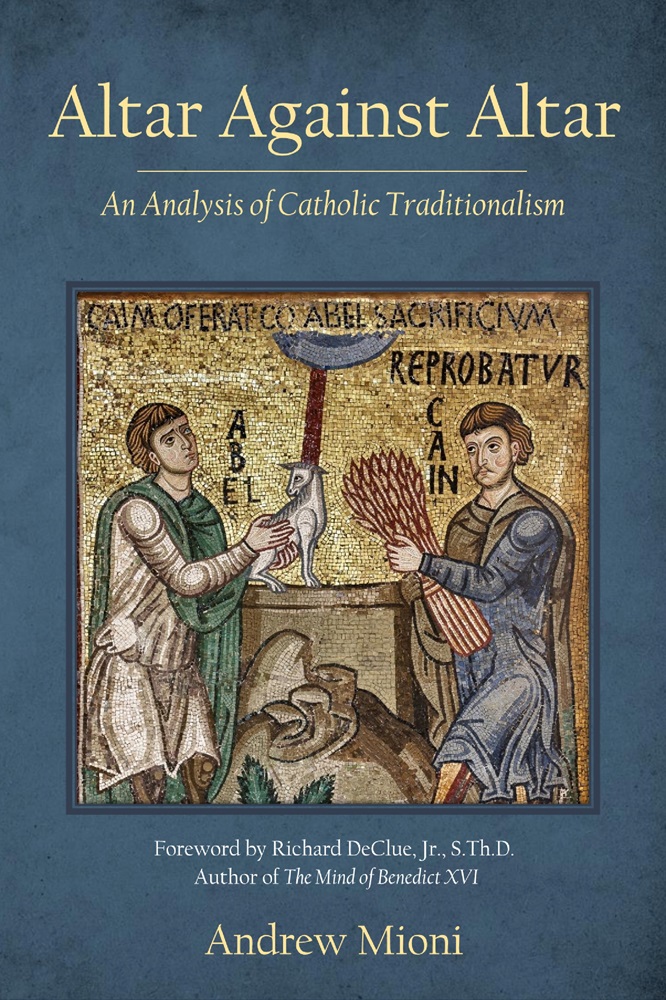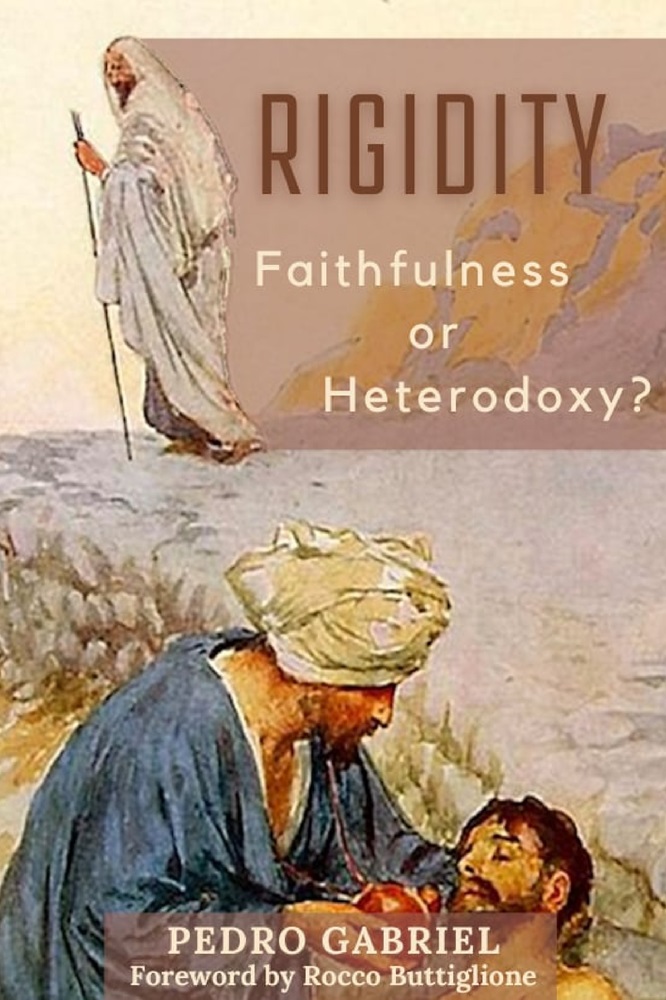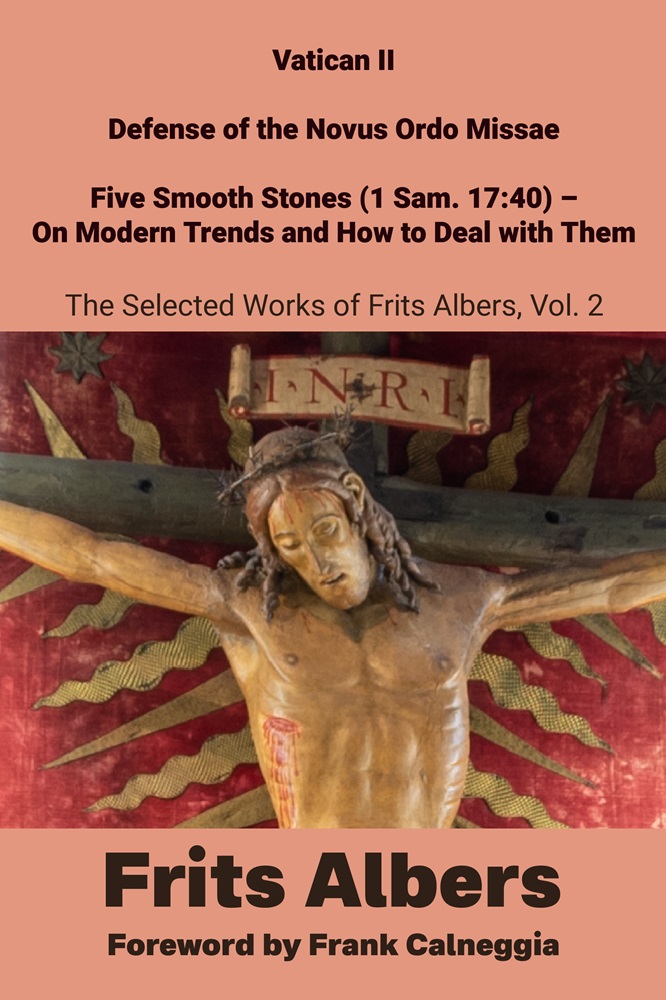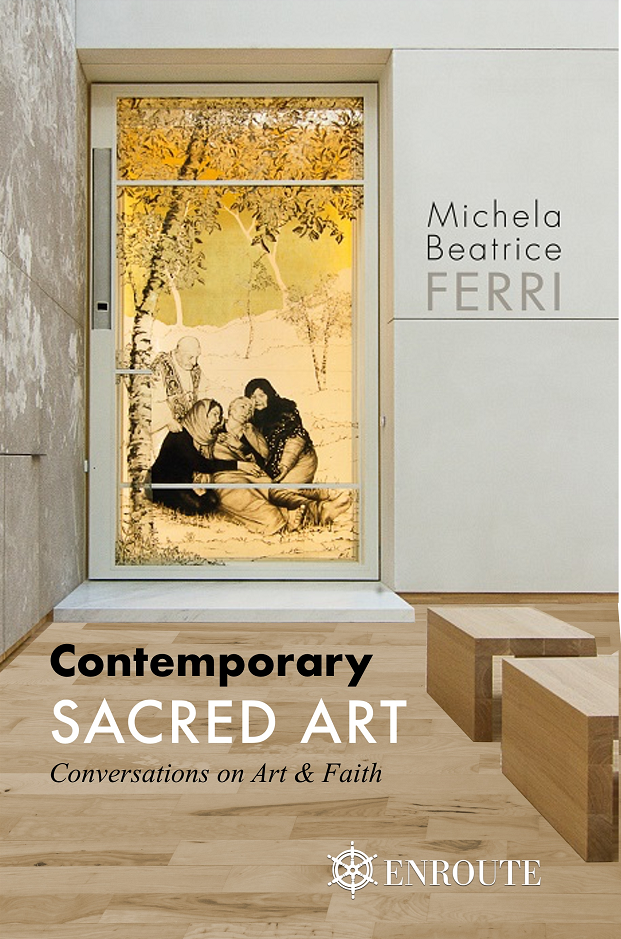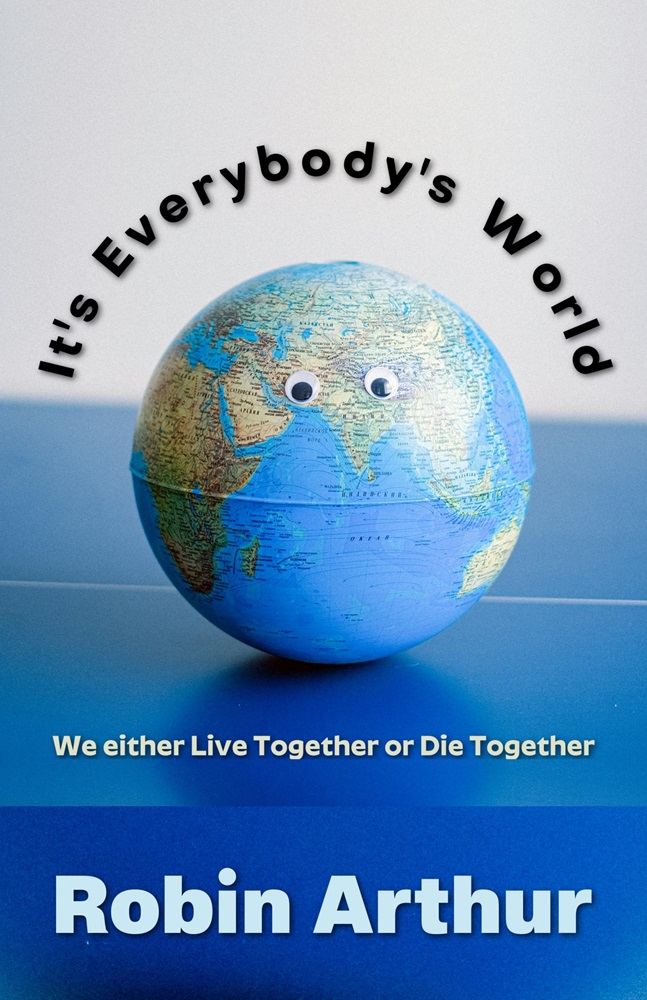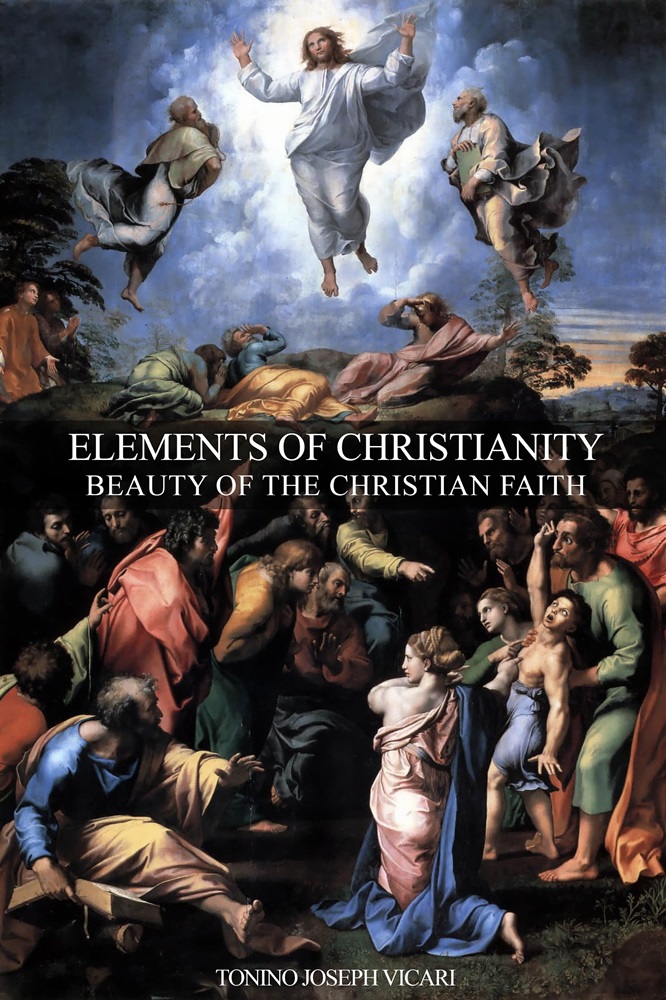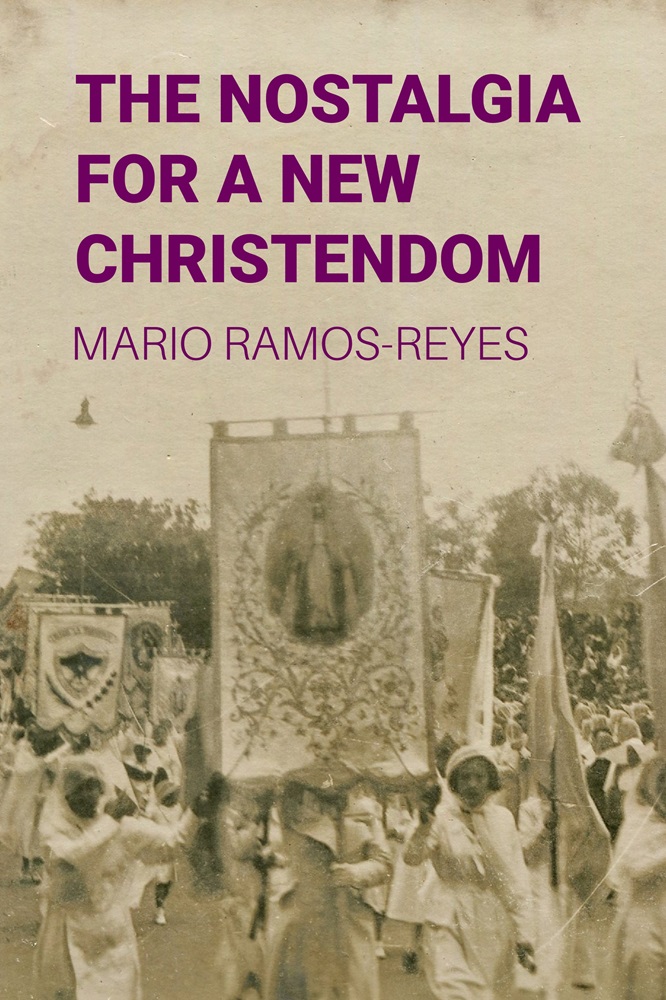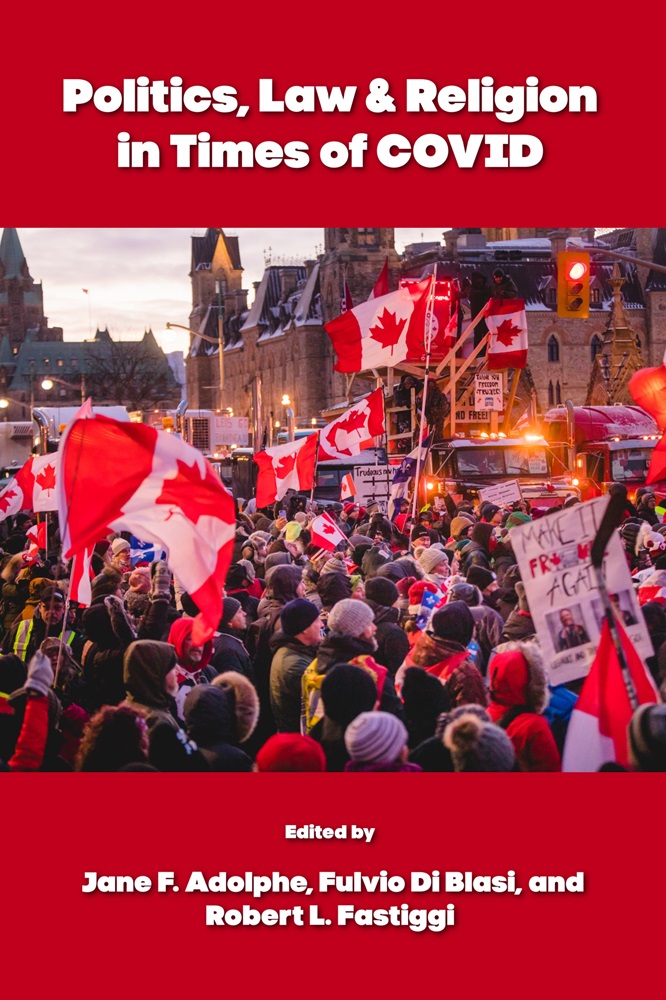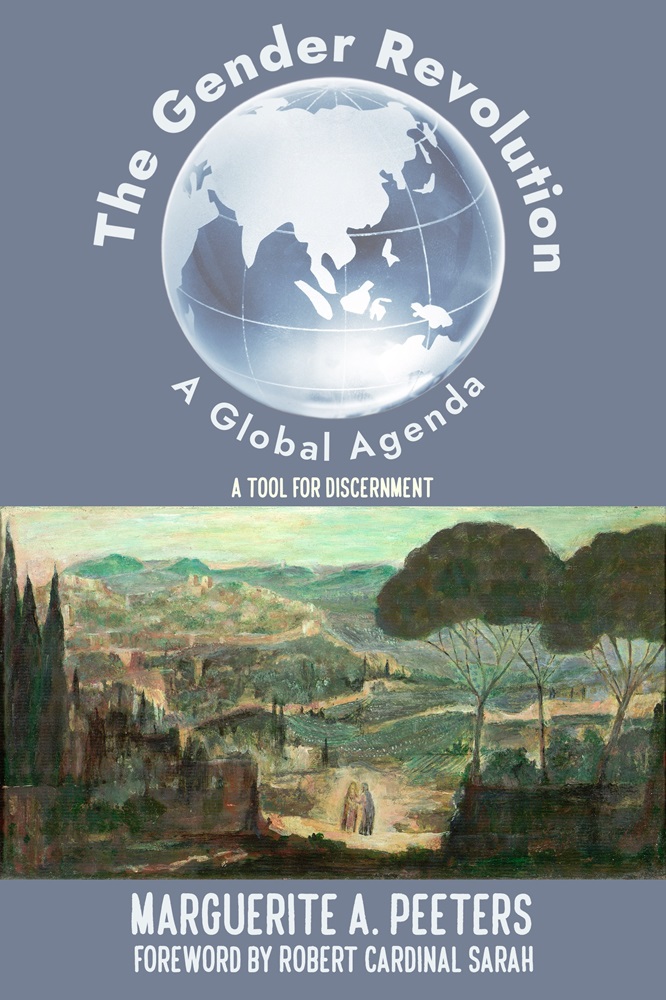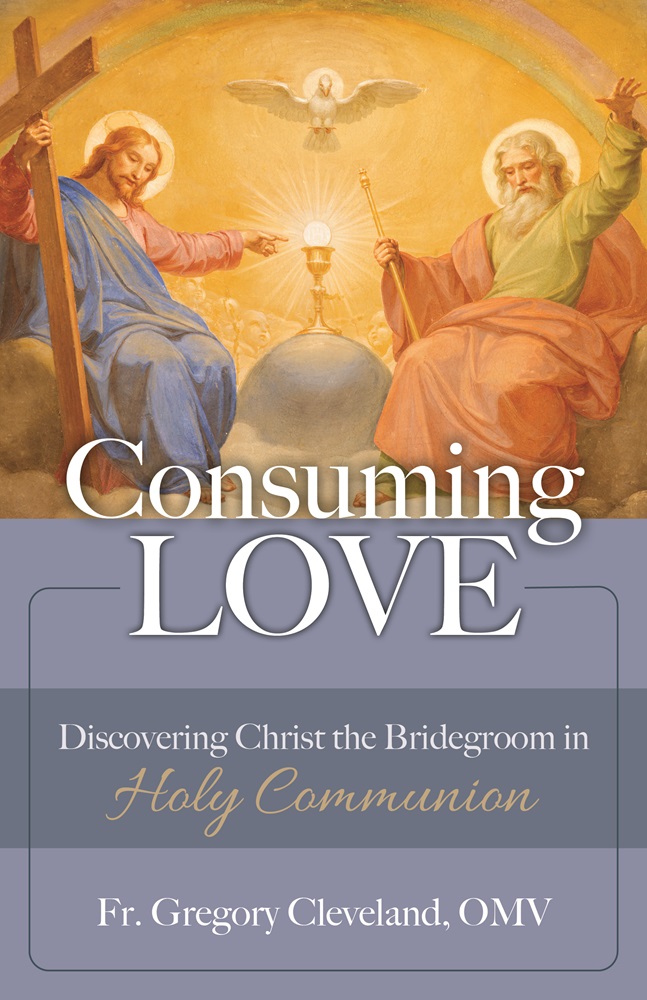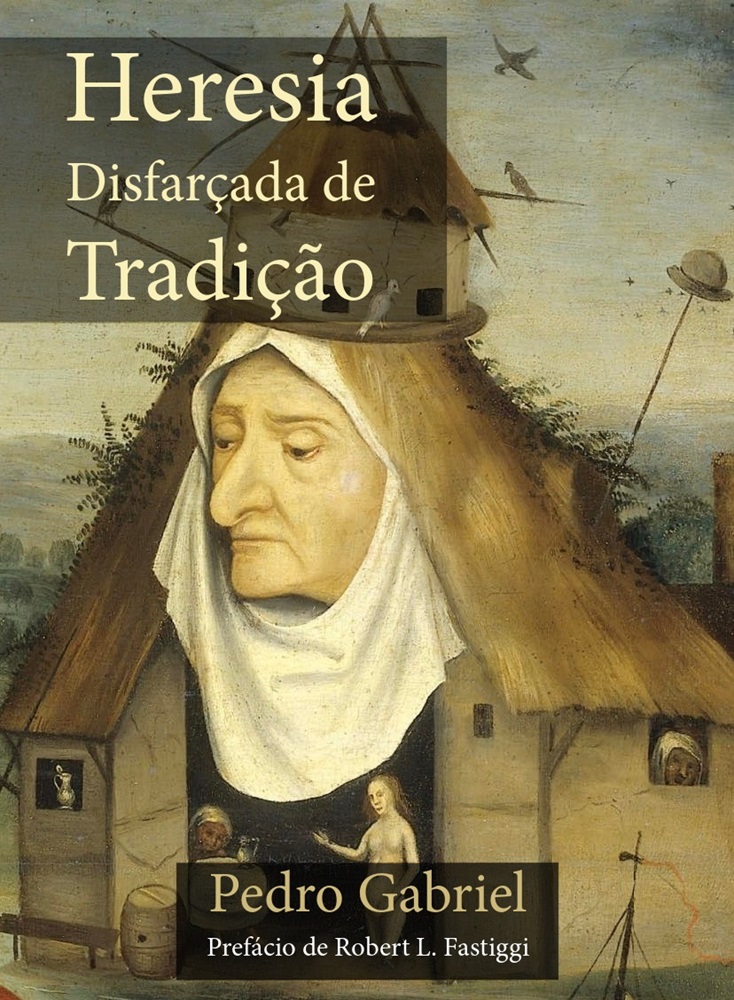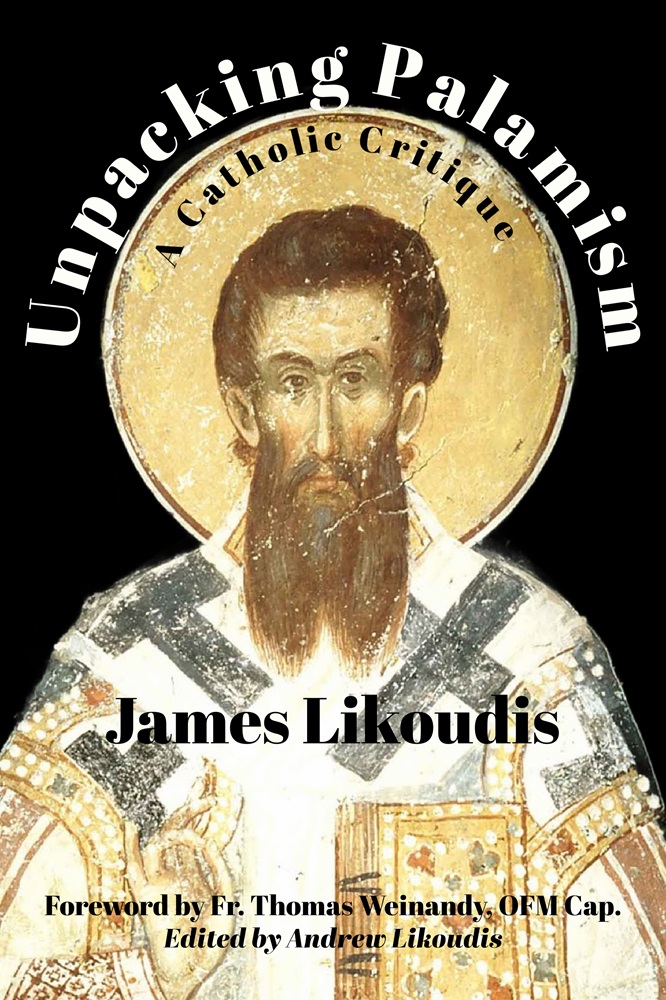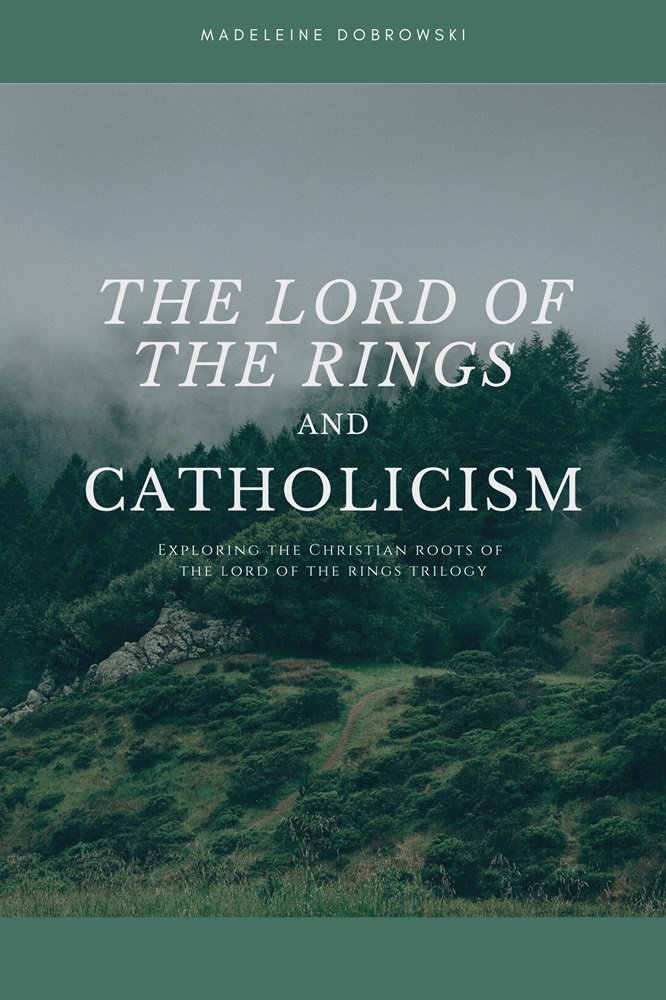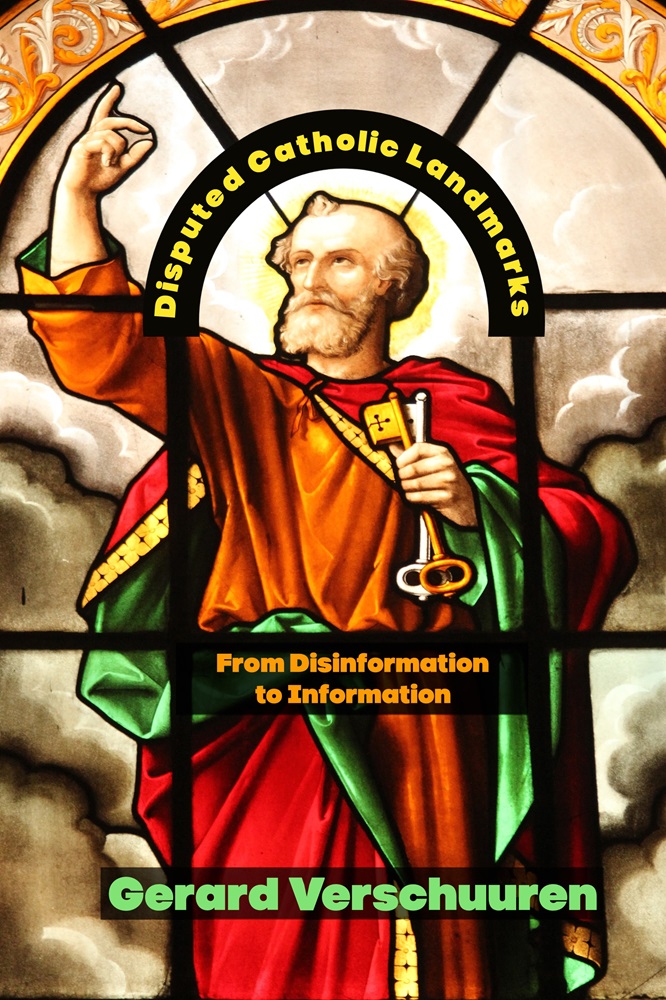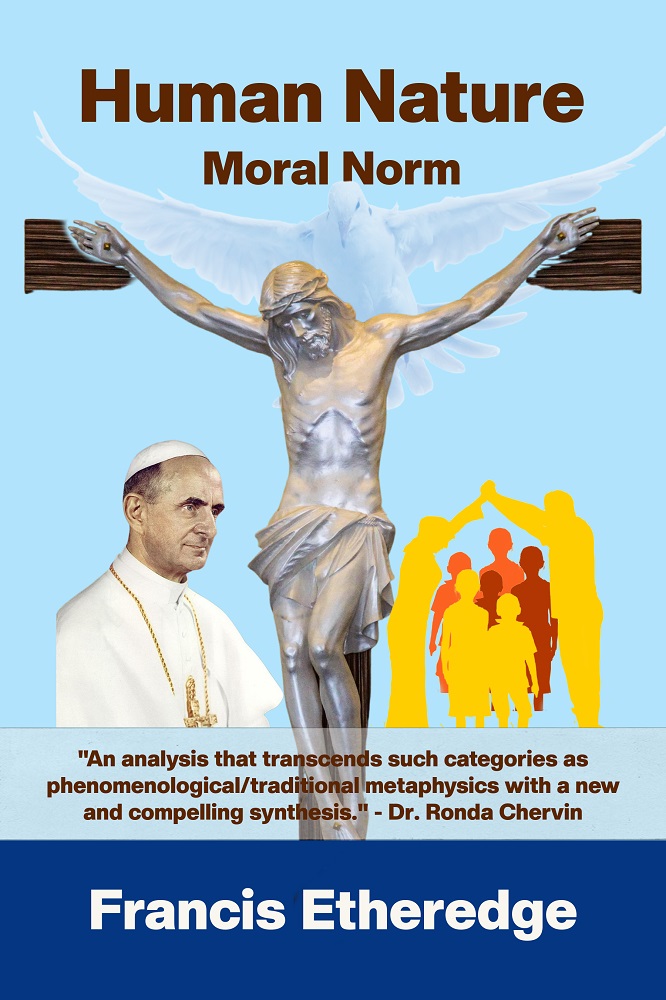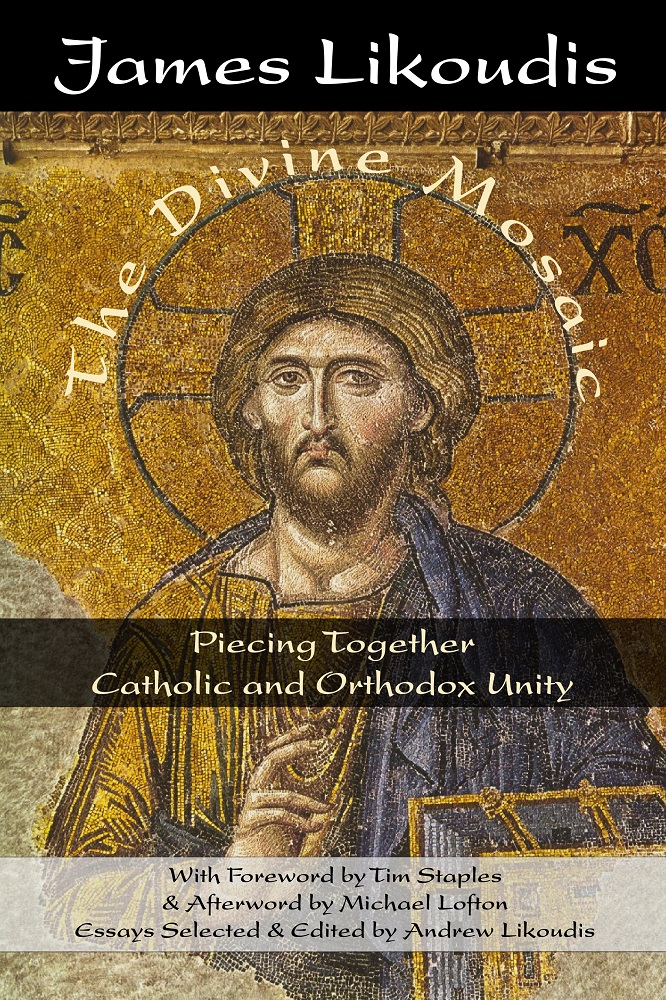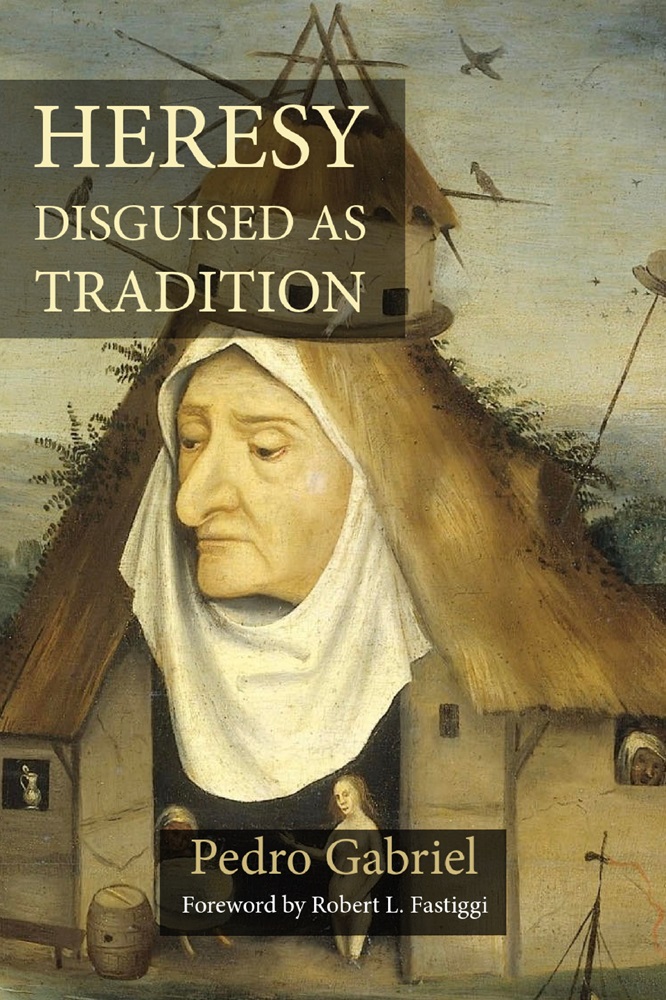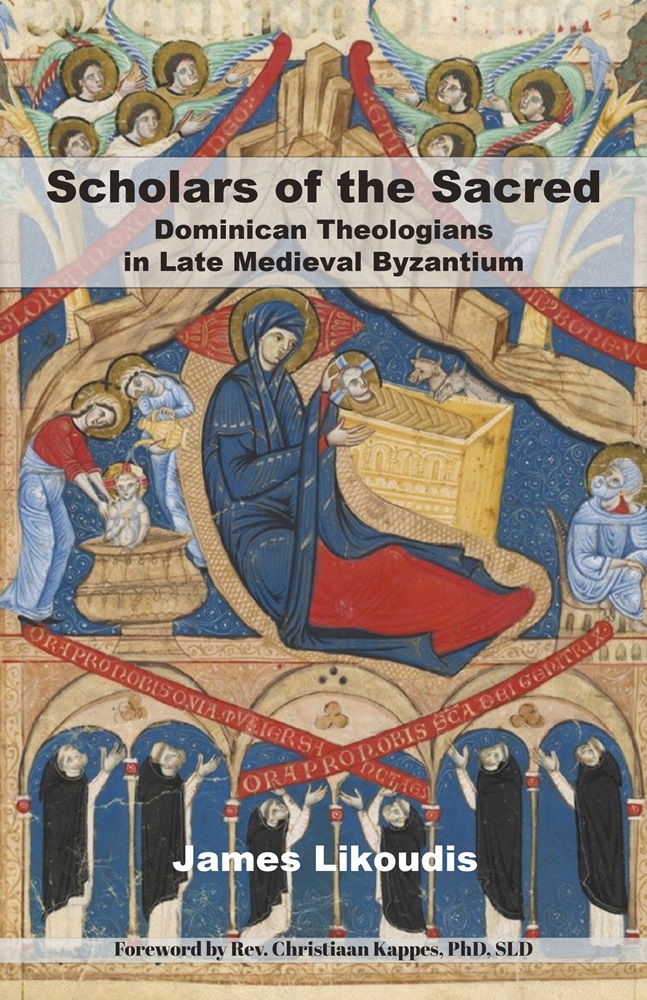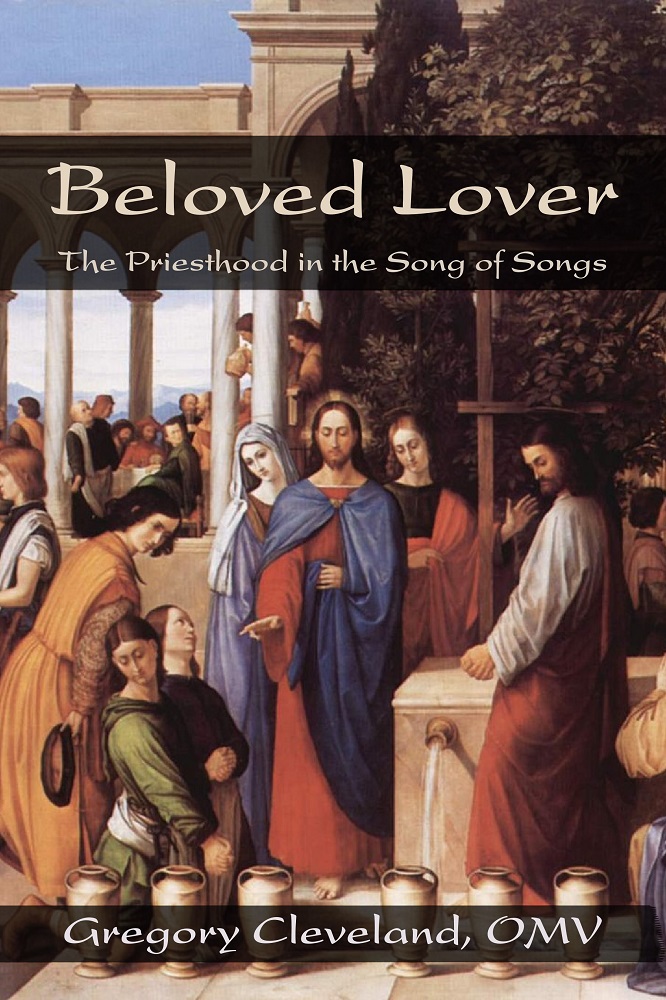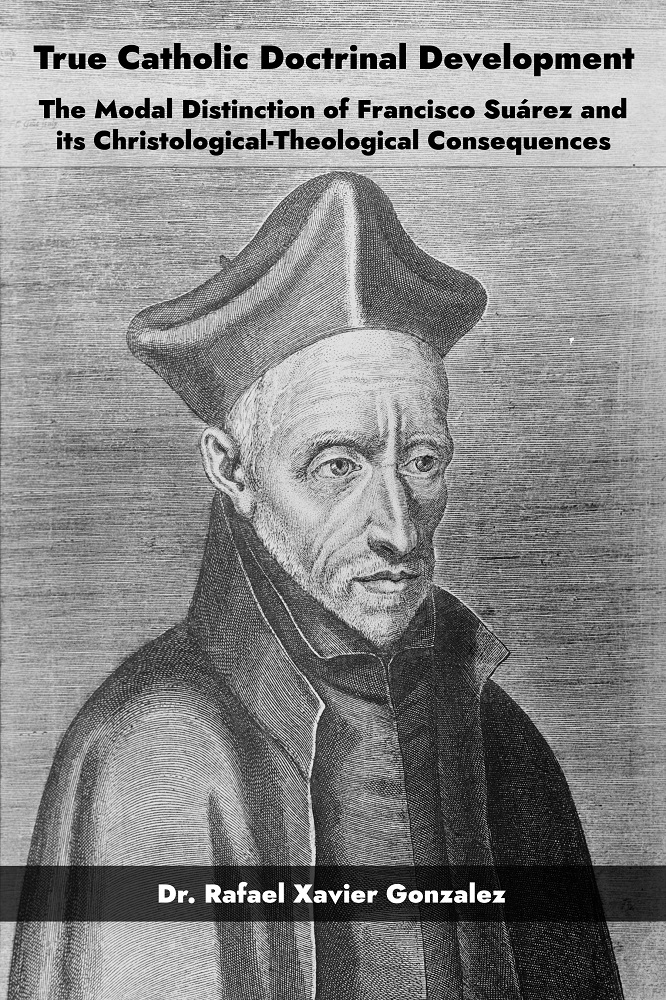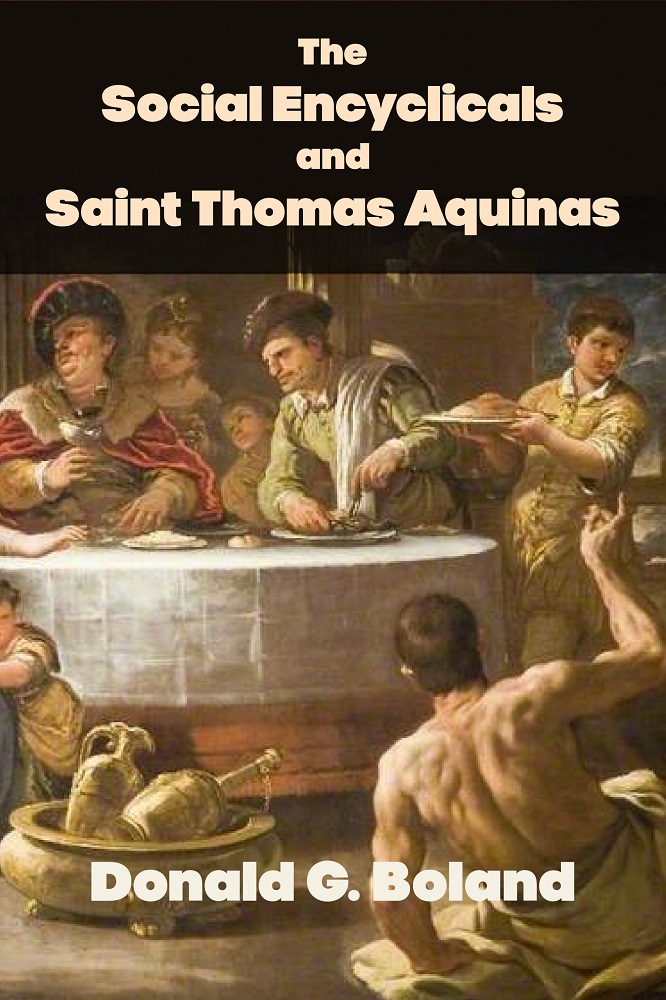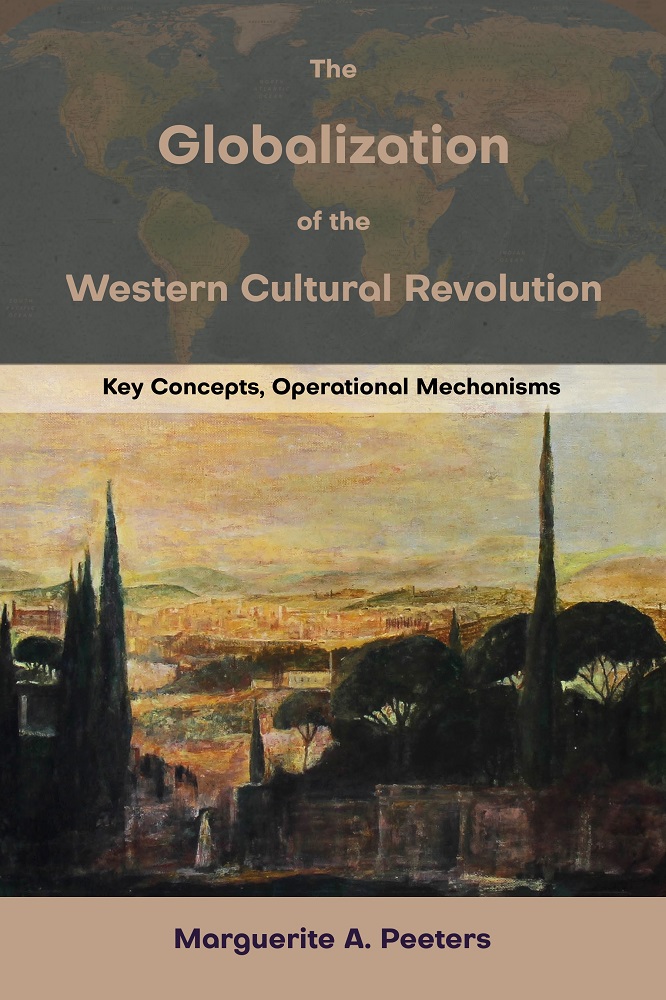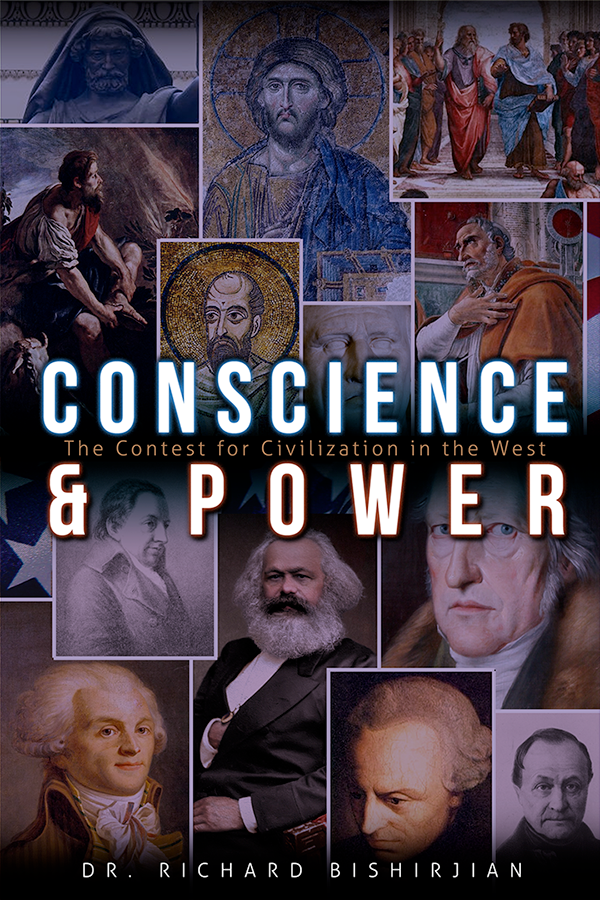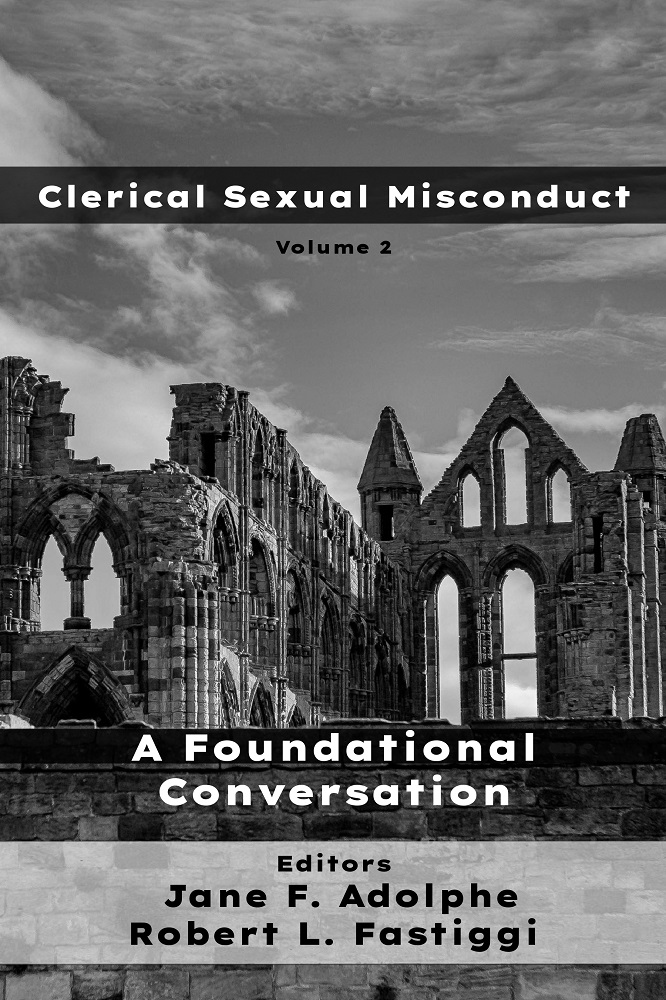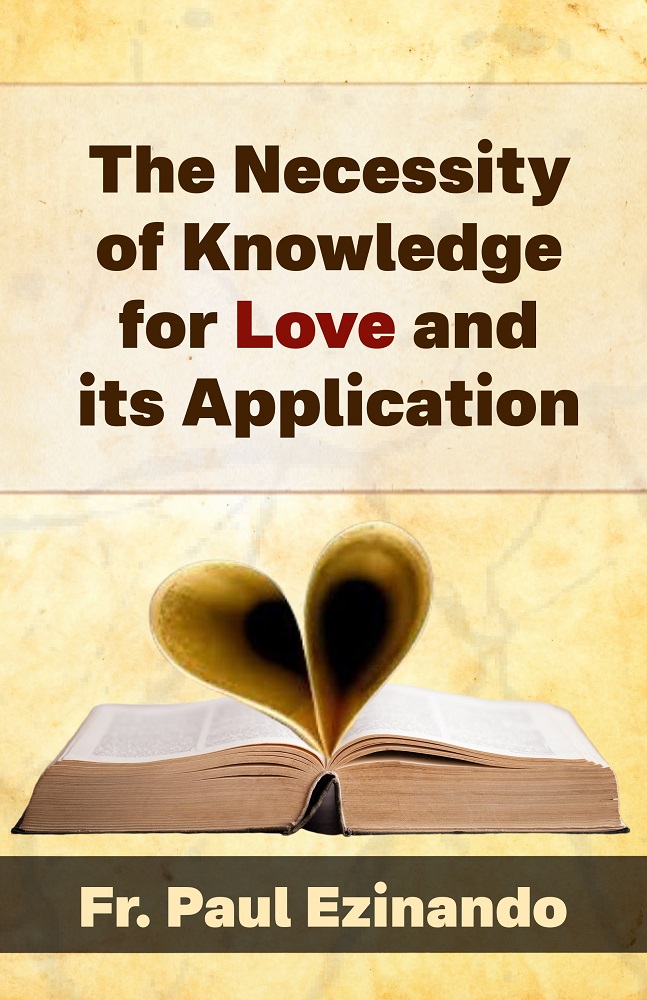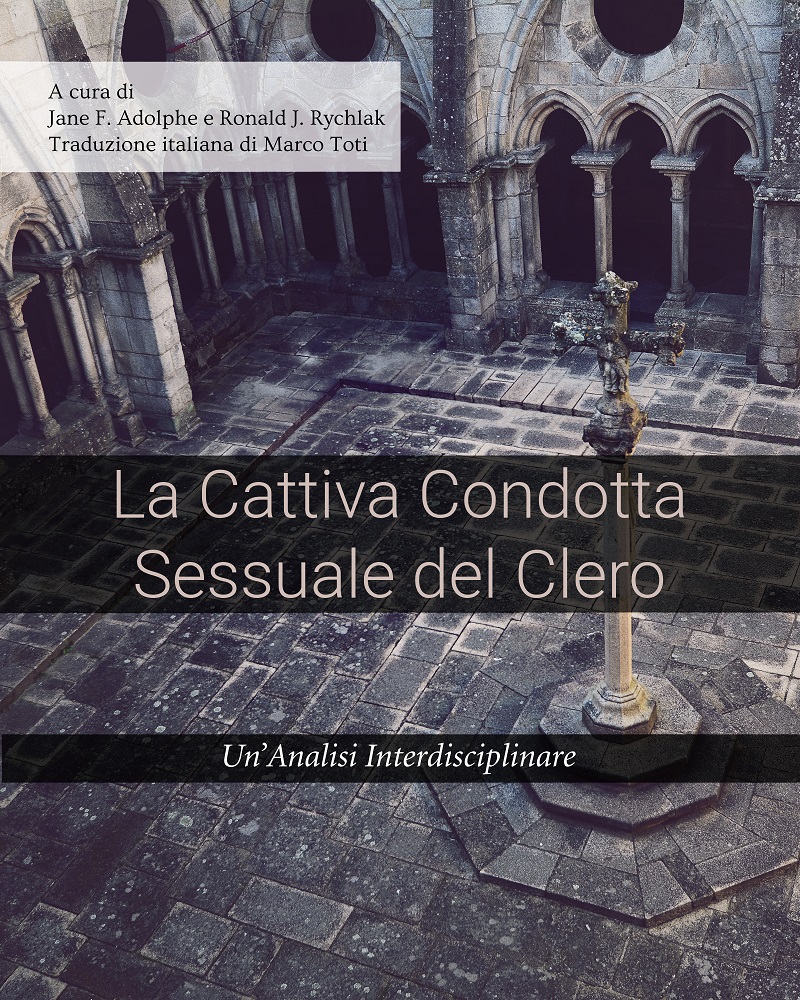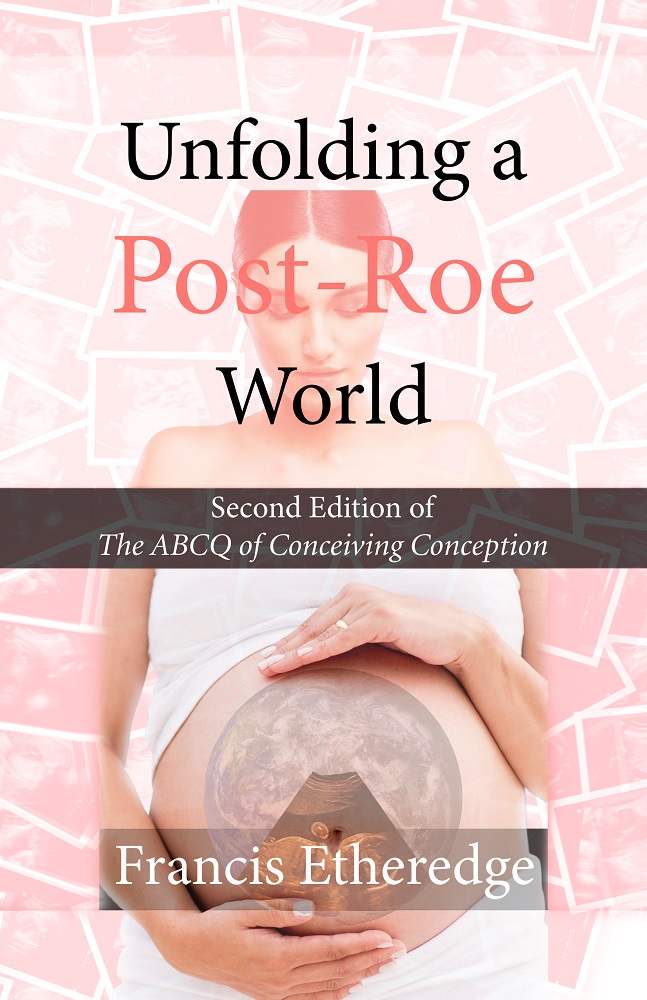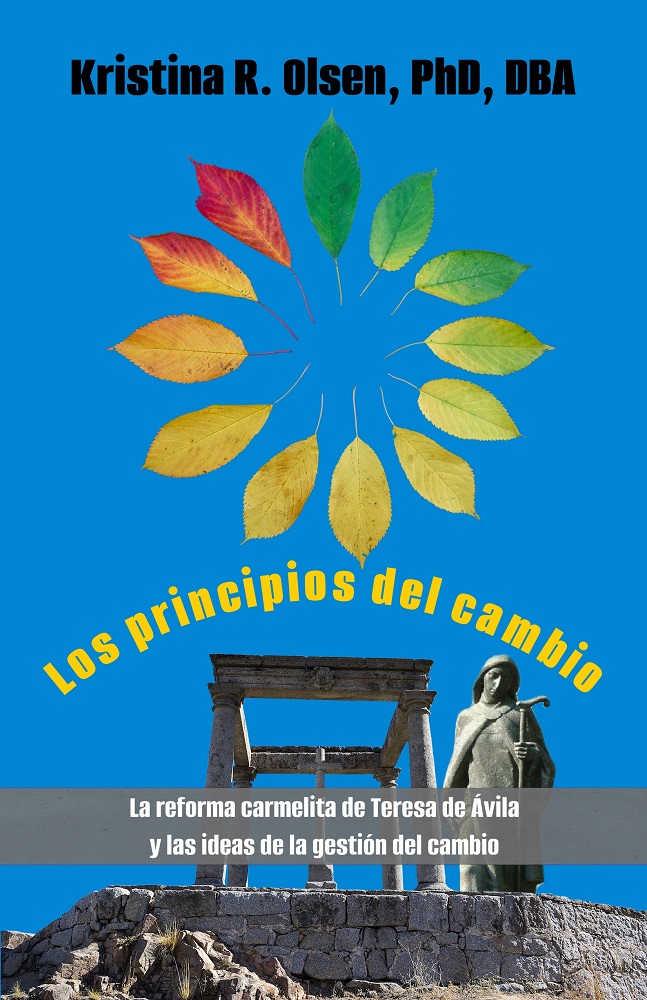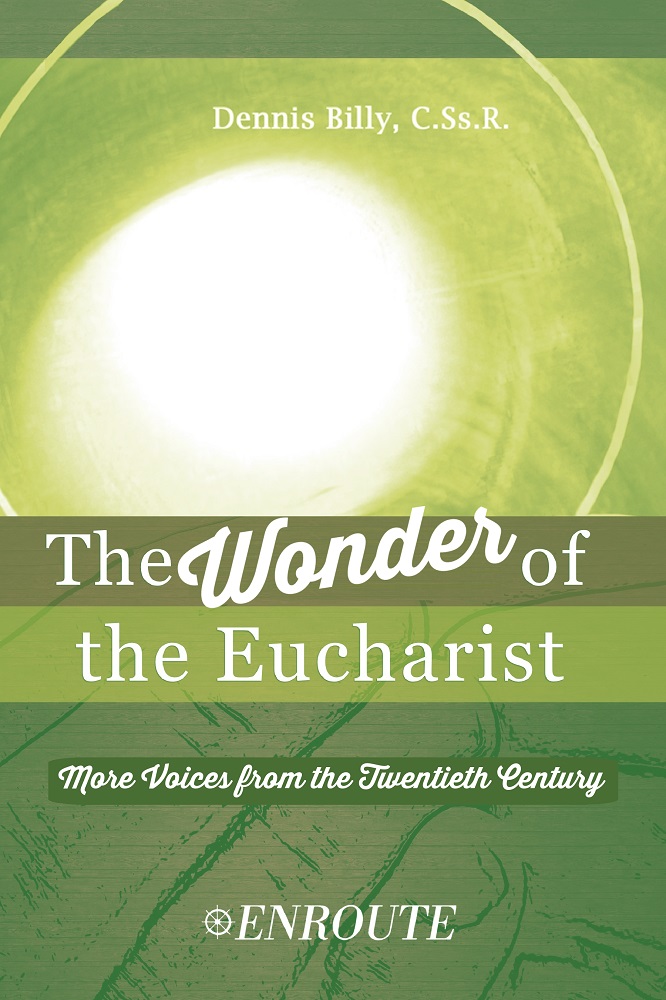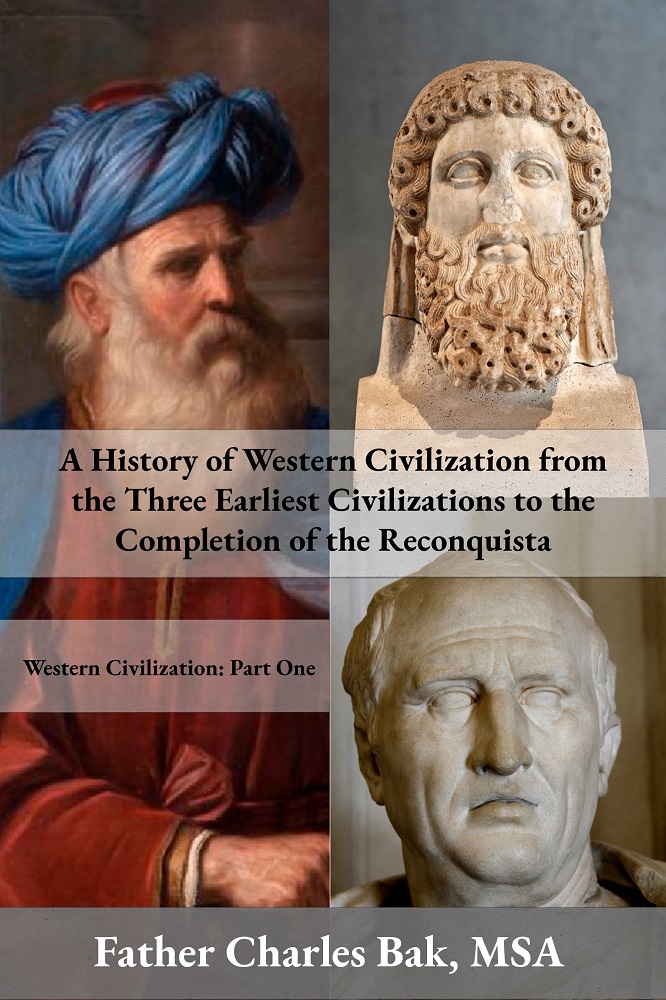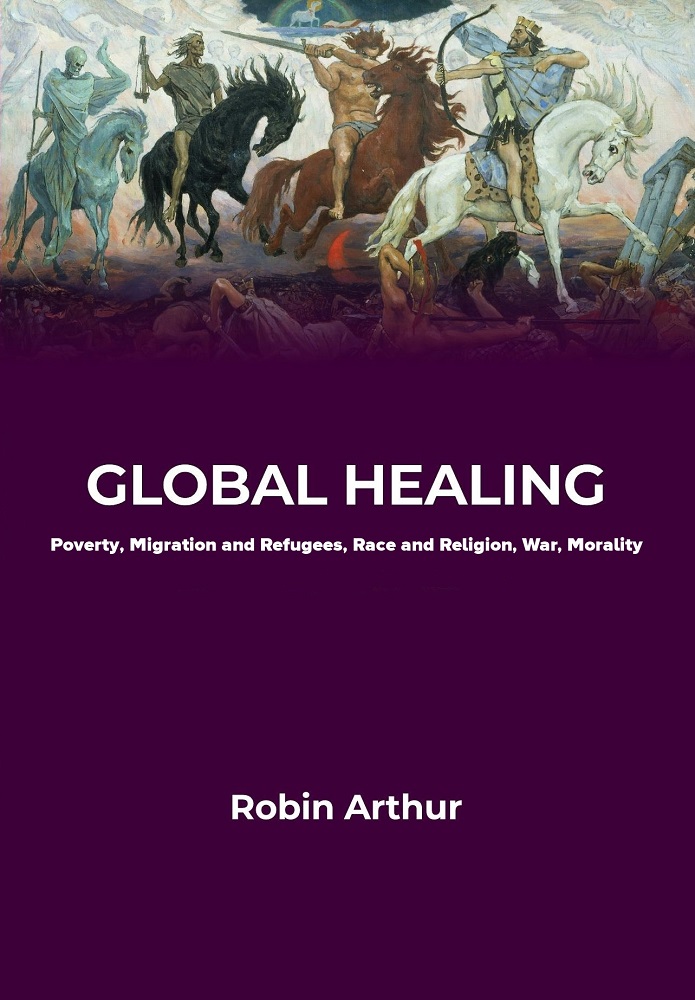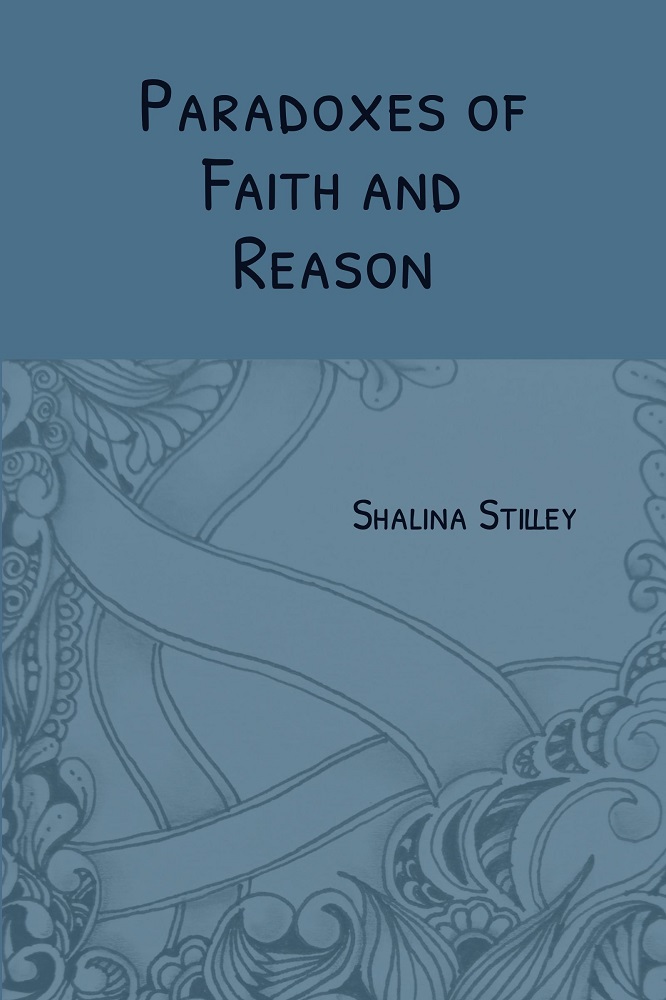Reaching for the Resurrection: A Pastoral Bioethics
Loneliness, Aloneness, Euthanasia, Meaning, Anorexia, Brain Death, Conversion, and the Death and Resurrection of Christ
by Francis Etheredge
Francis Etheredge returns to the subject of bioethics with essays on loneliness, aloneness, euthanasia, meaning, anorexia and purpose, brain death and the life and death of Jesus Christ. Why? Because man, male and female, one in body and soul, suffers as a religious being. To be able, therefore, to respond mercifully and constructively to a variety of human wounds, opening up, again and again, the possibilities of life, we need to recognize that the whole of human personhood entails being-in-relationship: that man is a social being and exists in relation to God and neighbor: the God who comes to show us the truth-in-love that heals and calls us to share what we have received with our neighbor.
Paperback: $14.95| Kindle: $9.99
TABLE OF CONTENTS
Dr. Pravin Thevathasan: Biography and Foreword: “The Humanizing Value of Experience”
What is in a Title? Acknowledgements and the Blurb: Man is a ‘religious being’ and the wholeness of human nature; Neither naïve science nor superseded philosophy and theology; The unexpected relevance of an Old Testament “moment”; The challenge of joy: A way forward
Chapter One: Part I of III: Loneliness to “Aloneness”: Loneliness-in-context: What is loneliness? The stripped octopus grows suckers; The social context of the times in which we live: Loneliness leading to “aloneness”
Chapter Two: Part II of III: Loneliness Leads to Euthanasia: Loneliness leading to death; Loneliness, euthanasia, and the trauma of death; On the nature of death; Law, however unfounded on the good of life, leads to law; Doctor or what? The words we use: To smooth acceptance or to reveal reality
Chapter Three: Part III of III: Meaning and Word: In the words of Mother Teresa; The reality of suffering: to suffer or to suffer; Is this the suffering described by T. S. Eliot? The Way of the Word of God: Starting Points
Chapter Four: Anorexia and the Pull of Purpose: Social Context: Healing and modern weight loss; Circles within circles: Spiraling down or spiraling; Womanhood? A narrow vision? More personally: The interiority; Naturalism and its unresolved questions
Chapter Five: Death and the Wholeness of Human Personhood: To deliberately stop the heart; Death and life: their interrelationship: two quotations; A test is limited to what it can do: it reveals and conceals; A test result is a partial account of a whole; Life and death interpret each other
Chapter Six: Brain Death and the Life and Death of Christ: Can the Living Be Dead? The natural law prompts us to do good; Do life and death interpret each other? The philosophical interface: between life and death; The Life and Death of Christ; In conclusion: Life and death are ordered to each other
Chapter Seven: Conversion is “another resurrection”: The word of God: Grace builds on nature; Effort or fruit; Conversion: A change in direction
Epilogue: Limitations, Christ and the Praise of God
Qtd. in…
“[W]e are, literally, conceived through relationship; both in-relationship to our parents and to God who, in the first instant of fertilization, brings the soul to exist in union with the body. In other words, when a child is conceived, there is not a cell mass, a plant or any other kind of life; there is, rather, a child of the parents and of God. Thus, the human loss, whether through miscarriage or abortion, is a suffering in an existing relationship; and, therefore, death entails relationship, just as life does, in that the relationship transcends death just as a child’s life transcends biological ingredients and implies the action of God.” – Francis Etheredge, referencing Catechism of the Catholic Church and Pope St. Paul VI, Humanae Vitae, 13, Qtd. in American Church Union
Review
“Life Lived Fully,” a Review of Reaching for the Resurrection: A Pastoral Bioethics by Christine Sunderland, Catholic author. To read the review, click here.
Pravin Thevathasan, editor Catholic Medical Quarterly [click here for the review on CMQ]
In the last few years, I have enjoyed reading the works of Francis Etheredge. He has the ability to communicate bioethical truths in a way that is interesting and easy to follow. This book is no exception.
For Christians, our bioethical reflections need to take place in the light of the Resurrection, says the author. Even in our deepest suffering, the Risen Christ is with us. It is Christ in his Sacred Passion who heralds his Resurrection. Our sufferings when united with those of Christ brings meaning to our afflictions. The author reflects on his own sufferings. It was the Holy Face of Jesus that brought meaning to his suffering.
Our transformation in Christ leads us to share in the Resurrection life even in this world. It is the Incarnation which allows us to live a life of intimacy with God. Only in this way can we ultimately make sense of our suffering.
We live in a post-Christian world that rejects the Incarnation. Life is thus made ultimately meaningless. Suffering is meaningless. Little wonder then that there is so much acceptance of abortion and euthanasia.
The author calls us to cherish life from fertilisation till natural death. He also reminds us that we are beings meant to live in relationship with each other and with God, who is perfect relationship. If we get rid of relationship from our lives, we become atomised individuals. And when atomised individuals feel they are a burden on society, they will request euthanasia.
I especially enjoyed reading the author’s reflection on the difference between loneliness and aloneness. The lonely person is the one who is cut off from human relationships and from God. In contrast, the person who is alone is in relationship. Indeed, aloneness is needed for us to build the most important relationship of all, that with God. In our aloneness, we are called to reflect on God’s Word. It is this aloneness that rids us of loneliness. I also found the discussion on conversion helpful. For a certain kind of Protestant, conversion is what happens at a given moment. For Catholics, conversion is a life-long process. Our conversion requires us to be humble and repentant.
In summary, a really useful series of reflections on some aspects of pastoral bioethics.”
Reaching for the Resurrection: A Pastoral Bioethics, a Review by Dr. Moira McQueen LLB, MDiv, PhD, DSL (Hon.), Executive Director, Canadian Catholic Bioethics Institute, Toronto, Canada
Through sharing some of his own intensely felt experiences, Francis Etheredge leads the reader to reflect on some current bioethical and social challenges such as euthanasia and anorexia. He is concerned that feelings of alienation and worthlessness, as well as fear of being a burden to others, perhaps lead some to consider suicide or, in countries where the practice is legal, euthanasia.
Etheredge shows the essential difference between loneliness and aloneness: the first, in extreme forms, can lead people to want to end their lives, while the second is necessary for mature psychological and spiritual growth, both personally and in our capacity for relationships. He strongly encourages us to allow the Word of God into our lives as the true source of sanity and healing, the Word of a God ever open to loving us into the recognition of our innate dignity and worth, which we do not always ‘see.’ He tells us we have to be humble, admitting our weaknesses and asking for help, and here the author recounts the many, futile paths he trod before God’s Word became a ‘lamp to his feet,’ guiding him to an acceptance of the realities of life and leading him into a loving relationship.
Etheredge’s psychological and spiritual journey clearly influences his pastoral response to current life-challenging questions in bioethics, including a consideration of the criteria for brain death. His bioethical critique is valuable, but this reader sees as even more valuable the honest portrayal of himself as a ‘lost soul,’ who in time came to see that, “… wrongdoing had its own dynamic and kept a person prisoner.”(P. 75) He admits to experiencing desperate loneliness until eventually released, in effect ‘resurrected,’ by the power of the Word of God. While psychological help is, of course, important, his main message is to be open to that ‘Word,’ trusting in the God who forgives unconditionally, who sets sinners free and, most of all, loves us back into life when we invite him to enter ‘under our roof.’
Etheredge’s conversion shows that when God penetrates hearts, the meaning of both life and death become clearer, and his journey will speak to many people of our day who sadly experience similar life-threatening loneliness and feelings of worthlessness, as well as to those who minister to them. The truth of God’s love for His people lies, to me, at the heart of pastoral bioethics, and is my main ‘take away’ from this wonderfully succinct book.
TESTIMONIALS
“Suffering, often coupled with loneliness, can lead people onto destructive, even fatal paths. While this is well known, the religio-spiritual element is commonly negated in bioethical discourse. Arguing from the basis that every person is a religious being, Francis Etheredge in Reaching for the Resurrection: A Pastoral Bioethics offers his first-hand experiences of suffering and loneliness as a source for reflection. He describes an ‘ontological death’ that occurs when meaning and desire to live are lost. Yet, this need not be the end. As was the case for Etheredge, the Paschal mystery – Christ’s passion, death, and resurrection – not only provides hope amid suffering but indeed participation in God’s very own life. Replete with personal testimony, Reaching for the Resurrection presents a concise counternarrative to today’s secular and increasingly nihilistic approach to bioethical challenges.” – Eric Manuel Torres, BHlthSci, MOrthoptics (LaTrobe), MNSc (Melb), GradDipTheol, MTS (CTC/UDiv), GradCertEdu [Specialist Inclusive] (Deakin), CertIIIBAdmin (S.Russo), AOBR, MOA, RN, Assoc. Member CMAV. Catholic moral theologian and bioethicist
“In Reaching for the Resurrection, Francis Etheredge shines light on the darkness of today’s materialist assumptions that lead to loneliness, anorexia, suicide, abortion, and euthanasia. For when we reach for the resurrection of Christ, we are resurrected, made anew, in this life and the next. We see that our Creator can re-create us, re-form us, redeem us, giving our lives meaning and purpose, ‘life to the full.’ We see that faith and reason inform one another. Profound and practical, using personal testimony. Highly recommended for pastors as well as those desiring a deeper understanding of who we are and are meant to be, created by the God of love, in His image.” – Christine Sunderland, award-winning novelist and author of The Magdalene Mystery, soon to be reissued by Enroute Books and Media
“This book offers a novel approach to bioethical topics by including pastoral questions and theological insights.” – Rev. Dr. Joseph Tham, LC, family physician and doctor of bioethics, a Fellow of the UNESCO Chair in Bioethics and Human Rights, and a bioethical author and lecturer at the Regina Apostolorum, Rome.
“It’s terrific! Brilliant! Love it! Fresh insights into the worst problems of our times! What a glorious story and book. I love it. I want to give it to someone in despair!” – Dr. Ronda Chervin, Professor Emerita Holy Apostles College and Seminary
ABOUT THE AUTHOR
 Mr. Francis Etheredge is married with eight children, plus three in heaven.
Mr. Francis Etheredge is married with eight children, plus three in heaven.
Francis is currently a freelance writer and speaker and his “Posts” on LinkedIn can be viewed here. Poetry; short articles; autobiographical blog; excerpts from books; and “Philosophize: A Ten Minute Write.”
For a list of all of Francis’ books published by En Route Books and Media, click here.
See Francis’ other books, too, entitled Scripture: A Unique Word, From Truth and truth: Volume I-Faithful Reason, From Truth and truth: Volume II: Faith and Reason in Dialogue, From Truth and truth: Volume III: Faith is Married Reason.
He has earned a BA Div (Hons), MA in Catholic Theology, PGC in Biblical Studies, PGC in Higher Education, and an MA in Marriage and Family (Distinction).
Enjoy these additional articles by Francis Etheredge:
OTHER ACADEMIC BOOKS
Suma Apologética por Joseph A. Freymann
Suma Apologética: Apologética católica y preguntas morales por Joseph A. Freymann Suma Apologética está dirigida a adultos y adolescentes maduros. Ha sido diseñada específicamente para un curso anual de Apologética Católica a nivel de los últimos años de secundaria o...
The Host of Gethsemane: Eucharistic Hospitality in the Gethsemane Narratives by Dr. Annabelle Moseley, Th.D.
The Host of Gethsemane: Eucharistic Hospitality in the Gethsemane Narratives by Dr. Annabelle Moseley, Th.D. Discovering the Garden of Gethsemane as an Invitation to Deeper Prayer, Obedience to the Will of God, and Deeper Love of the Eucharist The Host of...
Redeeming Sex: The Battle for the Body by Eduardo Echeverria
Redeeming Sex: The Battle for the Body by Eduardo J. Echeverria The project of redeeming sex involves the battle for the body, one that is fought on many fronts in this book: the need for a philosophical and theological anthropology on the nature of the human person,...
A Catechesis on Deification, Transfiguration & the Luminous Mysteries by Matthew A. Tsakanikas, STD
A Catechesis on Deification, Transfiguration & the Luminous Mysteries by Matthew A. Tsakanikas, STD This book is a catechetical exploration of Christian deification, deeply rooted in the theological insights of Saint Athanasius and other Church Fathers. The work...
On the Third Part of the Secret of Fatima
For ongoing updates to this discussion, please visit Kevin’s website at https://kevinsymonds.com/ Special thanks: In addition to those named within the book as translators, En Route Books and Media would like to give a special thanks to Dr. Michela Ferri, who proofed...
The Rest of the Gospel Story: A Dated Summary of the New Testament Gospels and The Poem of the Man-God in Synthesis by David J. Webster
The Rest of the Gospel Story: A Dated Summary of the New Testament Gospels and The Poem of the Man-God in Synthesis by David J. Webster The Church distinguishes between “private” revelations, meant for personal faith and discernment, and revelations of public...
The Dated Parallel Harmony of the Gospels by David J. Webster
The Dated Parallel Harmony of the Gospels by David J. Webster The Holy ScripturesOur Divine Family Legacy as the sons of God.The grand history of human redemption revealed in three great epics: The Greatest Story ever told, the miraculous origin, deliverance and...
John’s Gospel: Recovering Authorial Intent by Fr. Peter Grover, OMV
John's Gospel: Recovering Authorial Intent by Fr. Peter Grover, OMV In this book, Fr. Peter Grover, OMV, introduces an innovative intratextual methodology to interpret the Gospel of John as a cohesive literary work, focusing on the author’s intent. He argues that the...
Foundations of Our Catholic Faith and The Hedge of the Vine: Selected Works of Frits Albers, Volume 3, Ed. by Frank Calneggia
The Foundations of Our Catholic Faith and The Hedge of the Vine: The Selected Works of Frits Albers, Vol. 3 by Frits Albers, edited by Frank Calneggia Selected for publication in this third volume of the works of Frits Albers are the following: The Foundations of Our...
The Face of Jesus, the Martyr and the Reciprocity of Abiding Love by J. Marianne Siegmund
The Face of Jesus, the Martyr and the Reciprocity of Abiding Love: Anthropological Considerations in Spiritual Theology Based Upon the Pontifical Writings of Pope Saint John Paul the Great by J. Marianne Siegmund This book explores the theological and spiritual...
D. H. Lawrence, Traditionalist: The Development of the Theme of the Sacred and the Profane by John Michael Klink
D.H. Lawrence, Traditionalist: The Development of the Theme of the Sacred and the Profane by John Michael Klink In this book, John Michael Klink shows how Lawrence redirects the modern reader to an awareness of the ancient distinction between that which yields life...
Crucified Love: Littleness, Spousal Love, and Fiat as the Instruments Jesus used in Enduring the Cross and the Means of a Soul Uniting with Him in Crucified Love by Dr. Mary Kloska
Crucified Love: Littleness, Spousal Love, and Fiat as the Instruments Jesus used in Enduring the Cross and the Means of a Soul Uniting with Him in Crucified Love by Dr. Mary Elizabeth Anne Kloska, Fiat+ In Crucified Love: Littleness, Spousal Love, and Fiat as...
Gender Ideology and Pastoral Practice: A Handbook for Catholic Clergy, Counselors, and Ministerial Leaders by Theresa Farnan, Susan Selner-Wright, and Robert L. Fastiggi
Gender Ideology and Pastoral Practice: A Handbook for Catholic Clergy, Counselors, and Ministerial Leaders Editors -- Theresa Farnan, Susan Selner-Wright, and Robert L. Fastiggi This book has been designed to assist Catholics doing pastoral work and ministering to...
Lived Experience and the Search for Truth: Revisiting Catholic Sexual Morality
Lived Experience and the Search for Truth: Revisiting Catholic Sexual Morality Editors -- Deborah Savage and Robert L. Fastiggi This book is an initial attempt to arrive inductively at the truths embedded in the moral teaching of the Church through the lived...
Summa Apologetica: Catholic Apologetics and Moral Questions by Joseph Freymann
Summa Apologetica: Catholic Apologetics and Moral Questions by Joseph Freymann Summa Apologetica is for adults and mature teens. It is specifically designed for a year-long course in Catholic Apologetics at the late high-school or early-college level. The book...
Jesus Christ, Scandal of Particularity: Vatican II, a Catholic Theology of Religions, Justification, and Truth by Eduardo J. Echeverria
Jesus Christ, Scandal of Particularity: Vatican II, a Catholic Theology of Religions, Justification, and Truth by Eduardo J. Echeverria In this book, in view of the light of Jesus Christ, the Light of the world, and hence the scandal of particularity, the author...
Two Towers and a Minaret: Migration from a Catholic Perspective by Fr. Piotr Mazurkiewicz
Two Towers and a Minaret: Migration from a Catholic Perspective by Fr. Piotr Mazurkiewicz with a preface by John M. Klink and a foreword by Jane F. Adolphe Mass migration is a serious challenge in both America and Europe. Hence the question of the ethical limits of...
Rigidez: Fidelidade ou Heterodoxia? por Pedro Gabriel
Rigidez: Fidelidade ou Heterodoxia? por Pedro Gabriel "Porque é que o Papa Francisco está sempre a criticar os católicos fiéis?" é uma pergunta frequentemente repetida sempre que o Santo Padre faz uma das suas habituais invectivas contra a rigidez religiosa. De facto,...
Altar Against Altar: An Analysis of Catholic Traditionalism by Andrew Mioni
Altar Against Altar: An Analysis of Catholic Traditionalism By Andrew Mioni When does the crisis in the Church end? May priests universally minister without any canonical mission? Can one Eucharist be offered against another in legitimate Catholic worship? Using the...
Rigidity: Faithfulness or Heterodoxy by Pedro Gabriel
Rigidity: Faithfulness or Heterodoxy? by Pedro Gabriel “Why is Pope Francis always criticizing faithful Catholics?” is an oft-repeated question whenever the Holy Father makes one of his usual invectives against religious rigidity. Francis has indeed made such...
Vatican II, Defense of the Novus Ordo Missae, Five Smooth Stones (1 Sam. 17:40) – On Modern Trends and How to Deal with Them: The Selected Works of Frits Albers, Vol. 2 by Frits Albers
Vatican II, Defense of the Novus Ordo Missae, Five Smooth Stones (1 Sam. 17:40) – On Modern Trends and How to Deal with Them: The Selected Works of Frits Albers, Vol. 2 by Frits Albers, edited with a Foreword by Frank Calneggia Selected for publication in this second...
Contemporary Sacred Art: Conversations on Art & Faith
Contemporary Sacred Art: Conversations on Art & Faith by Dr. Michela Beatrice Ferri In translation now from the Italian. Buy it in the original language here: What is the so-called “Contemporary Sacred Art”? In her book, Michela Beatrice Ferri inquires about the...
It’s Everybody’s World: We either Live Together or Die Together by Robin Arthur
It's Everybody's World: We either Live Together or Die Together by Robin Arthur This book invites global communities to seek the peaceful advancement of humanity that globalisation can bring about and open the gates to a common future, casting away the other troubles...
Elements of Christianity: The Beauty of the Christian Faith
Elements of Christianity: The Beauty of the Christian Faith by Tonino Vicari This book attempts to make accessible to the average reader the basic elements of Church teaching concerning morality, natural law, and supernatural truths that have been passed down through...
The Nostalgia for a New Christendom by Mario Ramos-Reyes
The Nostalgia for a New Christendom by Mario Ramos-Reyes Mario Ramos-Reyes explains the political schizophrenia of mid-20th century Latin America and the healing process that sought to fill the void between Enlightenment liberalism and the Catholic tradition. The cure...
Politics, Law & Religion in Times of COVID, ed. by Jane F. Adolphe, Fulvio Di Blasi, Robert L. Fastiggi
Politics, Law & Religion in Times of COVID Editors, Jane F. Adolphe, Fulvio Di Blasi, and Robert L. Fastiggi After two years of anti-COVID-19 policies, an international group of Catholic scholars and lawyers gathered in Rome under the auspices of the International...
The Gender Revolution: A Global Agenda by Marguerite A. Peeters
The Gender Revolution: A Global Agenda (A Tool for Discernment) by Marguerite A. Peeters, Ph.D., with a Foreword by Robert Cardinal Sarah Wherever one lives in the world and whatever one’s age and occupation, it has today become difficult to escape the influence of...
Consuming Love by Fr. Gregory Cleveland, OMV
Consuming Love: Discovering Christ the Bridegroom in Holy Communion by Fr. Gregory Cleveland, OMV The Eucharist is the “sacrament of love.” Jesus Christ is the true Bridegroom of our hearts, and it is he whom we receive in holy Communion. Even if you have received our...
Heresia Disfarçada de Tradição por Pedro Gabriel
Heresia Disfarçada de Tradição por Pedro Gabriel Uma afirmação muito difundida nos círculos católicos atuais é que se pode ignorar os ensinamentos do Papa Francisco ou do Concílio Vaticano II se eles ensinarem algo que parece ir contra a tradição. Será que isso é...
Unpacking Palamism: A Catholic Critique
Unpacking Palamism: A Catholic Critique by James Likoudis with essays selected and edited by Andrew Likoudis Unpacking Palamism: A Catholic Critique, penned by esteemed scholar Dr. James Likoudis, meticulously scrutinizes the doctrines of Palamism, a theological...
The Lord of the Rings and Catholicism
The Lord of the Rings and Catholicism: Exploring the Christian Roots of The Lord of the Rings Trilogy by Madeleine Dobrowski This book explores the Catholic themes that can be found in The Lord of the Rings trilogy. It is written for all lovers of Tolkien, Catholic or...
Disputed Catholic Landmarks: From Disinformation to Information
Disputed Catholic Landmarks: From Disinformation to Information by Gerard Verschuuren Everyone's life has landmarks: when you were born, when you graduated from school, when you got your first job, when you got married, and so many more. There must be many landmarks...
Human Nature: Moral Norm
Human Nature: Moral Norm by Francis Etheredge There is a 'difference, both anthropological and moral, between contraception and recourse to the rhythm of the cycle: it is a difference which is much wider and deeper than is usually thought, one which involves in the...
The Divine Mosaic: Piecing Together Catholic and Orthodox Unity
The Divine Mosaic: Piecing Together Catholic and Orthodox Unity by James Likoudis, Edited by Andrew Likoudis This book collects essays, speeches, and presentations given over the course of James Likoudis' seven decades as a Catholic. As a convert from Eastern...
Heresy Disguised as Tradition
Heresy Disguised as Tradition by Pedro Gabriel A widespread assertion in Catholic circles today is that one can disregard the teachings of Pope Francis or the Second Vatican Council if they teach something that seems to go against tradition. Is this the case? In this...
Scholars of the Sacred: Dominican Theologians in Late Medieval Byzantium
Scholars of the Sacred: Dominican Theologians in Late Medieval Byzantium by James Likoudis, Edited by Andrew Likoudis This in-depth study of the Catholic–Orthodox reunion efforts during the tumultuous 11th–15th centuries reveals the vital role played by the Dominican...
Beloved Lover: The Priesthood in the Song of Songs by Fr. Gregory Cleveland, OMV
Beloved Lover: The Priesthood in the Song of Songs by Fr. Gregory Cleveland, OMV In the context of the mystical love poetry of the Song of Songs, Beloved Lover explores how the priest is the living image of Jesus Christ, the Spouse of the Church. The priest is called...
True Catholic Doctrinal Development: The Modal Distinction of Francisco Suárez and its Christological-Theological Consequences
True Catholic Doctrinal Development: The Modal Distinction of Francisco Suárez and its Christological-Theological Consequences by Dr. Rafael Xavier Gonzalez In this book, Dr. Rafael Gonzalez discusses Suárez' modal distinction, which seems to satisfy both medieval...
The Social Encyclicals and Saint Thomas Aquinas
The Social Encyclicals and Saint Thomas Aquinas by Dr. Donald G. Boland The social encyclicals of the Catholic Church provide an opportunity to treat human behavior from a practical moral philosophical point of view grounded in Aristotle as interpreted by Saint Thomas...
The Globalization of the Western Cultural Revolution: Key Concepts, Operational Mechanisms by Marguerite A. Peeters
The Globalization of the Western Cultural Revolution: Key Concepts, Operational Mechanisms by Marguerite A. Peeters, Ph.D. A new ethic, secularist in its radical aspects, has spread like wildfire all over the world since the end of the cold war. This ethic is the...
Conscience and Power: The Contest for Civilization in the West
Conscience and Power: The Contest for Civilization in the West by Dr. Richard Bishirjian Conscience and Power examines how civilization in "the West" arose after the fall of the Roman Empire and has grappled ever after with a desire of citizens of nations of Western...
Clerical Sexual Misconduct, Vol. 2: A Foundational Conversation
Clerical Sexual Misconduct, Vol 2: A Foundational Conversation Editors -- Jane F. Adolphe and Robert L. Fastiggi The abuse, harassment, or devaluation of women, in any form by Catholic priests and bishops, raises concerns about: whether clerics have a healthy...
The Necessity of Knowledge for Love and its Application
The Necessity of Knowledge for Love and Its Application by Fr. Paul Ezinando In this work, Fr. Paul Ezinando not only demonstrates that knowledge is a necessity for love, but he also shows that proper knowledge promotes love. Following the argument of St. Augustine,...
La Cattiva Condotta Sessuale del Clero: Un’Analisi Interdisciplinare
La Cattiva Condotta Sessuale del Clero: Un'Analisi Interdisciplinare A cura di Jane F. Adolphe e Ronald J. RychlakTraduzione italiana di Marco Toti La Cattiva Condotta Sessuale del Clero, Un’Analisi Interdisciplinare è un libro importante curato da Jane F. Adolphe e...
Unfolding a Post-Roe World
Unfolding a Post-Roe World by Francis Etheredge Unfolding a Post-Roe World is the second edition of what had formerly been entitled The ABCQ of Conceiving Conception. It explores what is involved in grasping the beginning of each of us – but we need the truth to open...
Los principios del cambio
Los principios del cambio: La reforma carmelita de Teresa de Ávila y las ideas de la gestión del cambio Kristina R. Olsen Este libro se basa en los principios de gestión del cambio organizacional para examinar la reforma de la Orden Carmelita de Teresa de Ávila en el...
The Wonder of the Eucharist
The Wonder of the Eucharist: More Voices from the Twentieth Century by Dennis Billy, C.Ss.R. This book examines some of the major literary voices from the past century who deepened our understanding of the Eucharist by embedding it in their short stories, novels,...
A History of Western Civilization from the Three Earliest Civilizations to the Completion of the Reconquista by Fr. Charles Bak, MSA
A History of Western Civilization from the Three Earliest Civilizations to the Completion of the Reconquista: Western Civilization, Part 1 by Fr. Charles Bak, MSA This book tells a good story, actually the best story--the real story! So much of history involves...
Global Healing: Poverty, Migration and Refugees, Race and Religion, War, Morality by Robin Arthur
Global Healing: Poverty, Migration and Refugees, Race and Religion, War, Morality by Robin Arthur This book seeks to examine five challenges that our changing world will increasingly confront in the aftermath of Covid-19, namely poverty, migration and refugees, race...
Paradoxes of Faith and Reason
Paradoxes of Faith and Reason by Dr. Shalina Stilley Paradox it is at the very heart of the Gospel message. The Trinity, the Incarnation, the Cross and Resurrection, and the problem of evil are but a few examples of paradoxes of faith and reason. How can God be three...
